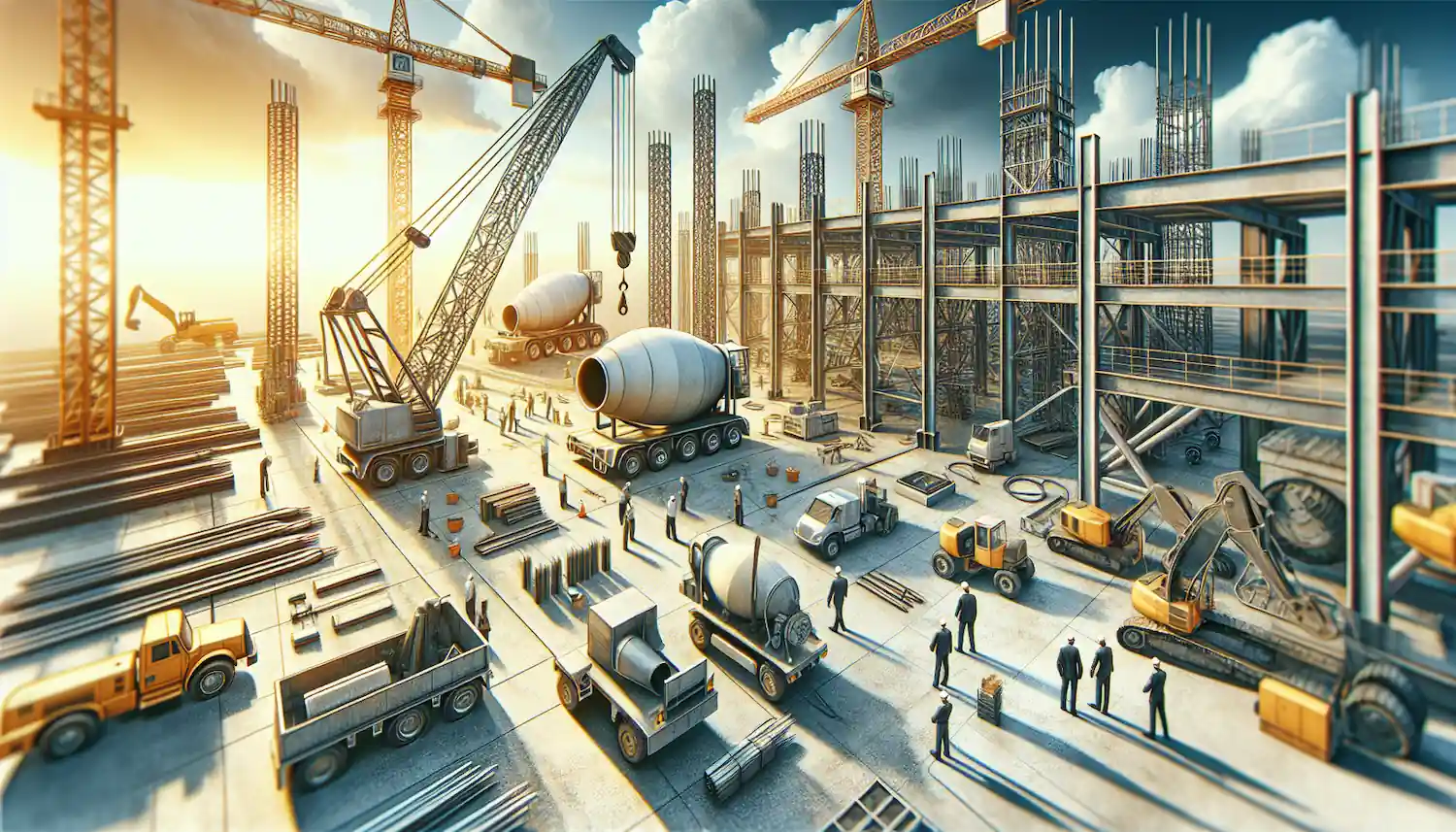Which Construction Loader is Best for Your Project Needs?
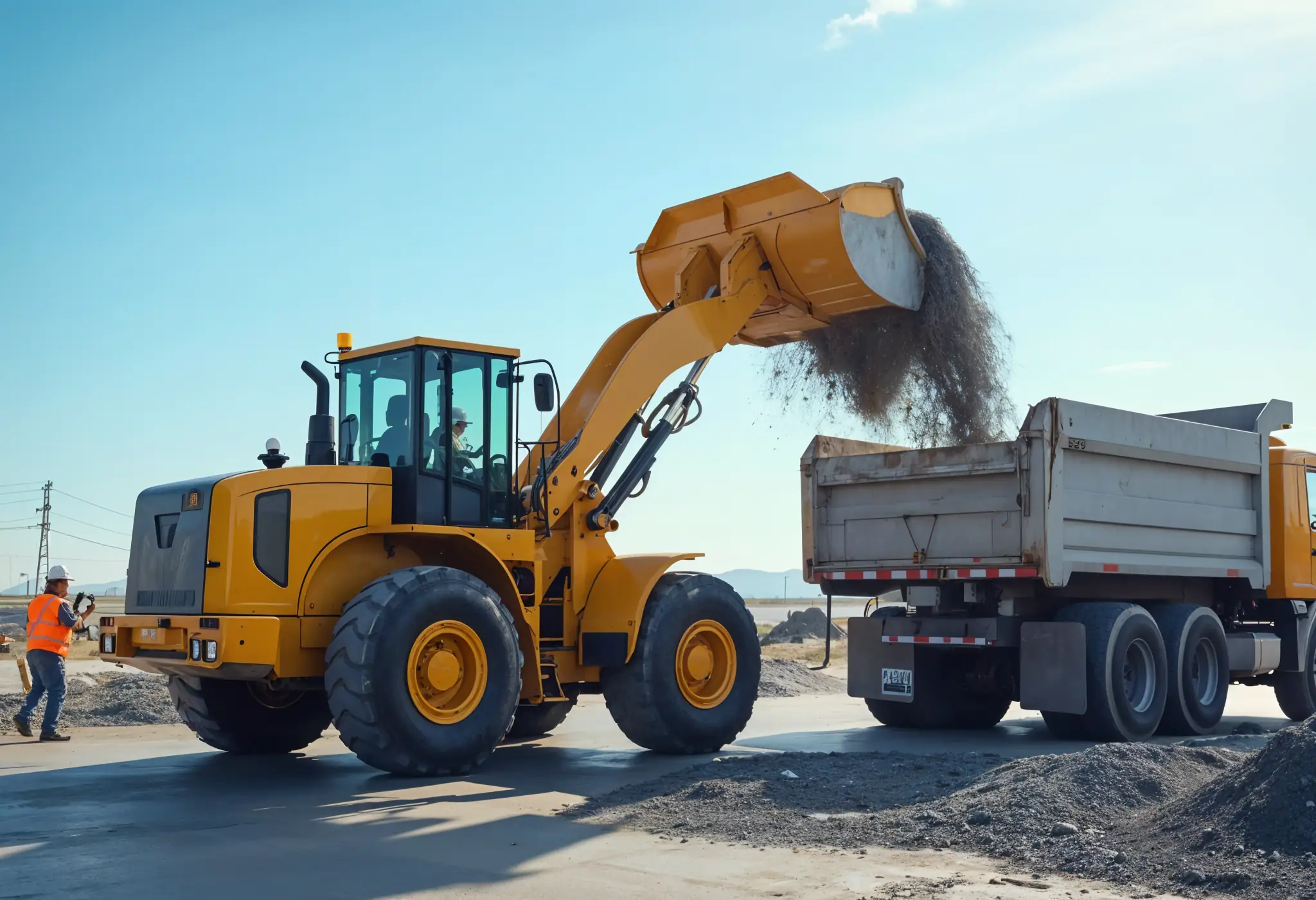
In this guide, we'll dive into the world of loader construction equipment, exploring different types like wheel loaders, skid steer loaders, cat skid steers, ubota skid steers, backhoe loaders and compact track loaders.
You'll discover how to choose the best construction loaders for your specific needs, comparing top brands like Volvo, Caterpillar, John Deere, and Komatsu.
We'll also break down the key factors to consider, help you weigh the pros and cons of renting vs. buying, and share insights on efficiency and performance.
By the end, you'll be well-equipped to make an informed decision that'll boost your project's productivity and success.
Types of Construction Loaders
Construction loaders come in various types, each designed to meet specific project needs. Understanding these different types can help you choose the right equipment for your job.
Wheel Loaders
Wheel loaders are versatile machines commonly found on construction sites. These powerful tools excel at material handling, making them ideal for loading and transporting materials like sand, dirt, and gravel. With their large buckets, wheel loaders can efficiently move materials over short and long distances.
You'll find wheel loaders in different sizes to suit various projects.
Small or compact loaders are perfect for landscaping and yard projects, with operating loads ranging from 1 to 4.5 tons. Medium-sized loaders, with 5.5 to 6.5 ton capacities, are popular for construction sites.
Large loaders, capable of handling 7.5 to 18 tons, are best suited for heavy-duty tasks like loading trucks with gravel.
Wheel loaders offer excellent mobility on roads and don't damage asphalt or concrete surfaces. Their ability to handle various attachments makes them adaptable to different tasks, from pallet handling to stockpiling materials.
Backhoe Loaders

Backhoe loaders are the Swiss Army knives of construction equipment. These machines combine the functions of a wheel loader and an excavator, making them incredibly versatile. With a bucket on the front and a digger on the back, backhoes can handle a wide range of tasks.
You'll often see backhoes on small to medium-sized projects where only one piece of machinery is needed. They excel at digging trenches, excavating around utilities, moving materials, and clearing debris. Backhoes typically have operating weights ranging from 9,000 to 20,000 lbs and horsepower between 50 to 150 hp.
The versatility of backhoe loaders makes them a popular choice for construction, landscaping, and utility work. They can easily switch between digging, loading, and grading tasks, making them efficient for various applications.
Skid Steer Loaders

Skid steer loaders, also known as skid loaders or cat skid steers, are compact powerhouses known for their maneuverability in tight spaces. These machines, including popular models like caterpillar skid steers and kubota skid steers, get their name from their unique steering mechanism, which allows them to turn within a predefined radius by locking one pair of wheels while the other pair moves freely.
Skid steer models are excellent for light work and fast-paced job sites. They're compatible with a wide range of attachments, making them versatile tools for construction, landscaping, and demolition work. You can use skid steers for tasks like trenching, debris removal, and excavation.
These machines come in different frame sizes to suit various needs. Their compact dimensions and light weight make them easy to transport and use on different job sites. Skid steers are particularly effective on hard, flat surfaces like concrete and asphalt, offering excellent job site performance.
Track Loaders

Track loaders, also known as compact track loaders, are similar to skid steers but use tracks instead of wheels. This design, found in models like the cat track loader, kubota track loader, and kubota svl, gives them superior traction and stability, especially on uneven or soft terrain.
Tracked loaders excel in challenging conditions where wheeled machines might struggle. They're ideal for working on muddy, sandy, or snowy surfaces. The tracks distribute the machine's weight more evenly, reducing ground pressure and minimizing damage to sensitive surfaces.
These machines, including gehl track loaders, are popular in industries like construction, agriculture, and landscaping. They can handle tasks such as earthmoving, material handling, and site preparation with ease. Track loaders typically offer higher lifting capacities and more stability on slopes compared to their wheeled counterparts.
To get expert advice on choosing the right construction loader for your project, consider contacting MCH Parts for a free sourcing machinery or parts consultation and a free quote.
Key Factors to Consider When Choosing a Loader
When selecting the right construction loader for your project, several crucial factors come into play. Understanding these elements will help you make an informed decision that aligns with your specific needs and maximizes efficiency on the job site.
Project Size and Scope
The size and scope of your project play a significant role in determining the most suitable loader. For smaller projects or tasks in confined spaces, compact loaders like skid steers, cat mini skid steers, or gehl mini skid steers might be the best choice. These versatile machines excel in maneuverability and can handle various attachments, making them ideal for landscaping, residential construction, or indoor renovation work.
For medium-sized projects, consider wheel loaders or backhoe loaders. These machines offer a balance between power and versatility, capable of handling tasks like excavation, material handling, and loading trucks. Large-scale projects, such as mining or quarrying, may require heavy-duty wheel loaders with higher lifting capacities and more powerful engines.
Terrain and Ground Conditions
The type of terrain and ground conditions at your work site significantly influence loader selection. If you're working on soft, muddy, or uneven surfaces, tracked skid steers or compact track loaders might be the best option. Their tracks provide superior traction and stability, allowing them to navigate challenging terrains with ease.
For projects on hard, flat surfaces like concrete or asphalt, wheeled loaders are often more suitable. They offer better speed and maneuverability on these surfaces, and their tires require less maintenance compared to tracks. Consider the specific ground conditions you'll encounter most frequently to choose a loader that can perform optimally in those environments.
Lifting Capacity and Power
Assess the weight of materials you'll be handling regularly to determine the appropriate rated operating capacity for your loader. Compact loaders typically have lifting capacities ranging from 1,250 to 4,200 pounds, while larger wheel loaders can handle significantly more weight. It's crucial to choose a loader with a lifting capacity that meets or exceeds your project requirements to ensure efficient material handling and avoid overloading the machine.
Power is another critical factor to consider. The engine horsepower affects the loader's performance, especially when it comes to digging, pushing, and lifting heavy loads. Evaluate your project's power requirements and choose a loader with sufficient horsepower to handle your tasks effectively.
Versatility and Attachments
Consider the range of tasks you'll need to perform and look for a loader that offers versatility through various attachments. Many construction loaders can accommodate a wide array of attachments, such as buckets, forks, augers, and hydraulic breakers. This versatility allows you to tackle multiple jobs with a single machine, potentially reducing the need for additional equipment on site.
When selecting a loader, ensure that it's compatible with the attachments you'll need most frequently. Some loaders come with quick-attach systems, making it easy to switch between attachments without leaving the cab, which can significantly improve productivity on the job site.
By carefully considering these key factors, you can choose a construction loader that best suits your project needs, enhances efficiency, and contributes to the overall success of your operations. Remember to consult with equipment specialists or manufacturers to get personalized recommendations based on your specific requirements.
For expert advice on selecting the right construction loader for your project, consider contacting MCH Parts for a free sourcing machinery or parts consultation and a free quote.
Top Brands and Their Specialties
When it comes to construction loaders, several top brands stand out for their quality, performance, and innovation. Let's explore some of the industry leaders and their unique strengths.
Caterpillar

Caterpillar, often referred to as CAT, is a powerhouse in the construction equipment industry. Known for their reliability and versatility, Caterpillar offers an extensive range of wheel loaders to suit various project needs. With 48 models spanning compact to large sizes, you're likely to find a machine that meets your specific requirements.
Caterpillar's compact to medium-sized loaders range from 9,414 to 78,264 lbs, with bucket capacities from 0.8 to 22.5 cubic yards. Their larger models boast impressive horsepower, reaching up to 1,739 hp, making them ideal for heavy-duty tasks. Caterpillar's commitment to limiting downtime and enhancing operator comfort has made them a top choice for construction professionals worldwide.
John Deere

John Deere is another well-respected name in the construction loader market. They offer a range of wheel loaders in three size categories: compact, mid-sized, and large. Their compact loaders, weighing between 10,000 and 20,000 lbs, are perfect for working in confined spaces and offer impressive versatility with various attachments.
John Deere's mid-sized loaders can weigh up to 43,783 lbs and have bucket capacities of up to five cubic yards. These machines are known for their industry-leading horsepower and operator-friendly controls. For larger projects, John Deere's big wheel loaders, like the 944K Hybrid, offer over 500 horsepower, capable of handling demanding tasks efficiently.
Komatsu
Komatsu specializes in medium to large wheel loaders, making them an excellent choice for substantial projects like quarrying and mining. Their largest models, the WE2350 and WE1850, are the heaviest on the market, weighing over 587,000 lbs and boasting more than 2,000 horsepower. These machines are unparalleled when it comes to handling exceptionally large-scale operations.
Komatsu's range of medium to large track loaders includes 17 models weighing between 25,000 and 127,000 lbs. These loaders are known for their innovative hydraulic and drivetrain technology, designed to boost productivity on the job site.
Volvo
Volvo Construction Equipment offers a diverse range of wheel loaders, with 17 models spanning from 9,877 to 123,459 lbs. Their machines, such as the L25H and L350H, are known for their excellent power-to-size ratio and comfortable cabins. Volvo loaders have gained recognition for their cost-effectiveness, winning awards for lowest cost of ownership and highest retained value in 2021.
To get expert advice on choosing the right construction loader from these top brands for your project, consider contacting MCH Parts for a free sourcing machinery or parts consultation and a free quote.
Renting vs. Buying: Making the Right Choice
When it comes to construction loaders, deciding whether to rent or buy can significantly impact your project's success and your company's bottom line. Let's explore the key factors to consider when making this crucial decision.

Cost Considerations
The financial aspect is often the primary concern when choosing between renting and buying construction loaders. Renting typically involves lower upfront costs, making it an attractive option for short-term projects or companies with limited capital. However, it's essential to consider the long-term financial implications. The monthly cost of renting construction equipment is usually two to four times more than the cost of financing it. While renting offers flexibility, it's crucial to calculate the total cost over time.
On the other hand, purchasing construction loaders requires a significant initial investment but can be more cost-effective in the long run, especially for companies with consistent equipment needs. When buying, factor in additional expenses such as maintenance, repairs, and storage. For instance, the average annual cost for field repair parts across all manufacturers and sizes of 4WD articulated wheel loaders is $3,391, while the average yearly overhaul cost is $3,888.
Project Duration
The length of your project plays a crucial role in determining whether to rent or buy construction loaders. For short-term or one-time projects, renting is often the most practical choice. It allows you to access the equipment you need without the long-term commitment of ownership.
However, if you have multiple upcoming projects or anticipate using the equipment frequently, purchasing might be more economical. A general rule of thumb is that if you're using a piece of equipment more than 65% of the time, you should consider buying it.
Maintenance Requirements
Maintenance is a significant factor to consider when deciding between renting and buying construction loaders. When you rent, the rental company typically handles most maintenance and repair issues, reducing your responsibilities and potential downtime. This can be particularly beneficial for smaller companies without dedicated maintenance staff.
When you own the equipment, you're responsible for all maintenance and repairs. This includes regular servicing, unexpected breakdowns, and eventual overhauls. While this gives you more control over the equipment's condition, it also requires additional time, resources, and expertise.
To get expert advice on choosing the right construction loader for your project and guidance on whether to rent or buy, consider contacting MCH Parts for a free sourcing machinery or parts consultation and a free quote.
Conclusion
Choosing the right construction loader has a significant impact on the success of your project. By carefully considering factors like project size, terrain, lifting capacity, and versatility, you can select a machine that boosts productivity and efficiency on your job site. Whether you opt for a compact skid steer for tight spaces or a heavy-duty wheel loader for large-scale operations, understanding the strengths of top brands like Caterpillar, John Deere, Komatsu, and Volvo helps you make an informed decision.
The choice between renting and buying depends on your specific needs and long-term goals. While renting offers flexibility for short-term projects, buying might be more cost-effective for consistent equipment use. Remember to weigh the upfront costs against long-term benefits and consider maintenance requirements. To ensure your business benefits from top-tier equipment and service, think about reaching out to MCH Parts for a free sourcing machinery or parts consultation.
FAQs
What factors determine the required size of a construction loader?
The size of a loader required for a project is primarily determined by the full-turn static tipping load (FTSTL). It's important to note that a loader's horsepower does not directly correlate to a higher FTSTL. Proper design ensures that increased horsepower does not necessarily mean an increased FTSTL.
What are the different types of construction loaders available?
There are three main types of construction loaders which include backhoe loaders, skid steer loaders, and compact track/multi-terrain loaders. Each type has specific functions and is suited for different types of tasks and environments.
How should I go about selecting a wheel loader for my project?
When choosing a wheel loader, consider the following factors: the specific requirements of your project, financing and cost, fuel efficiency, maintenance and serviceability, manufacturer reliability, operator comfort and safety, and the technical specifications and features of the loader.
What is the cost range for construction loaders?
The price of construction loaders varies based on size, type, and features. Compact wheel loaders may start at approximately USD 30,000.00, while standard and articulated wheel loaders can cost upwards of USD 100,000.00.
Read More
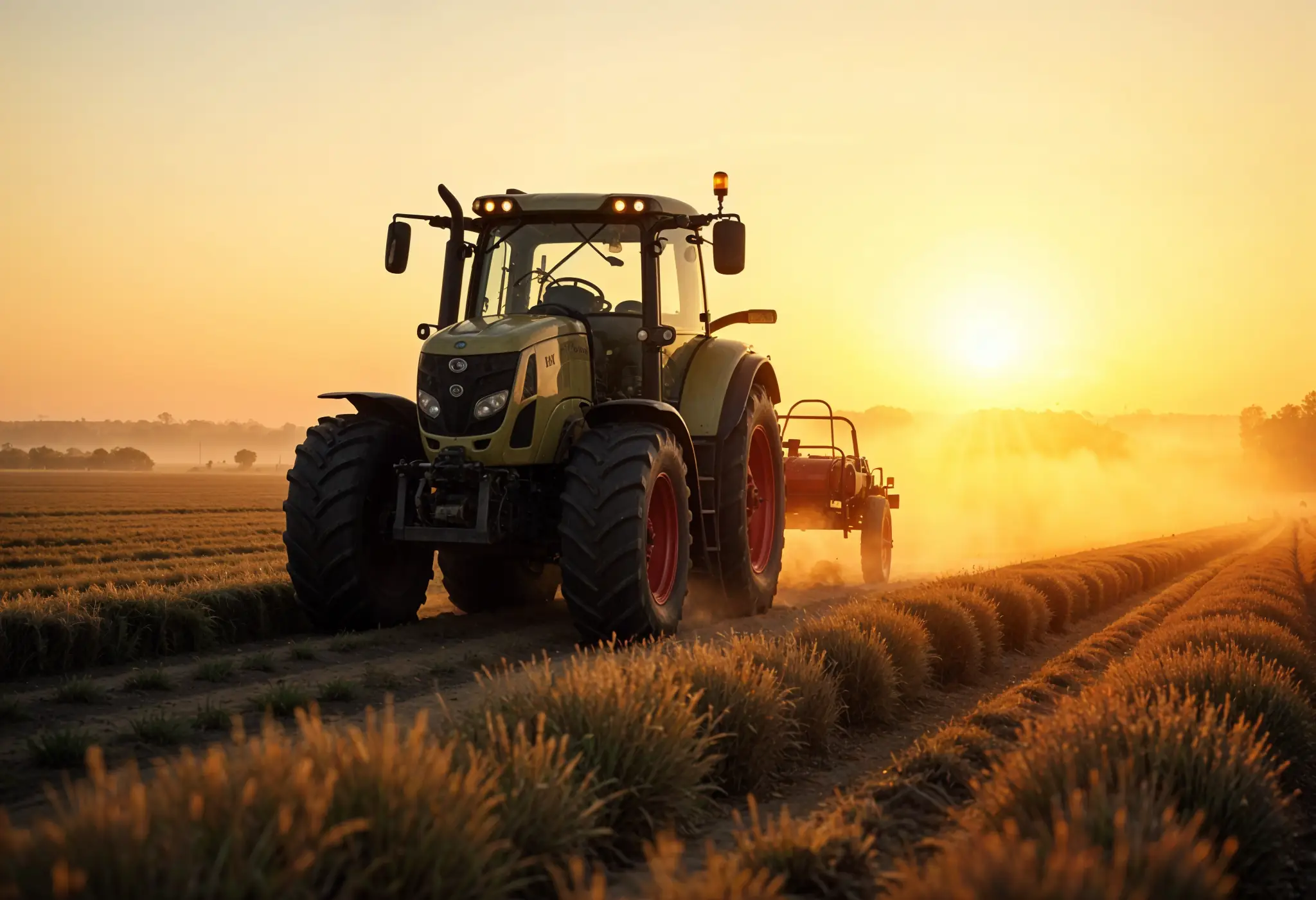
Top Hydraulic Components for Agricultural Equipment in 2025: Complete Guide
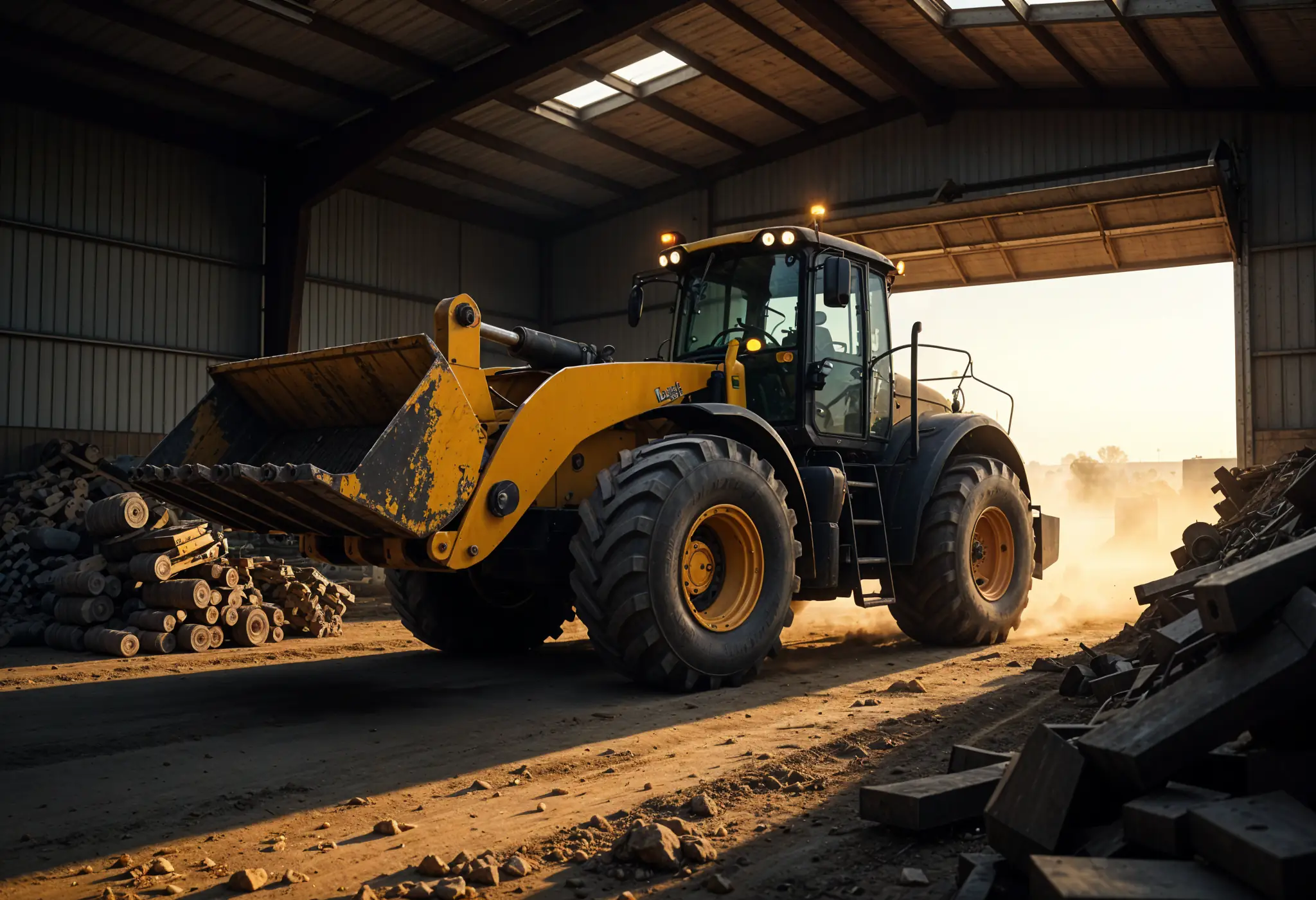
The Essential Farm Equipment Parts You Can't Afford to Run Out Of
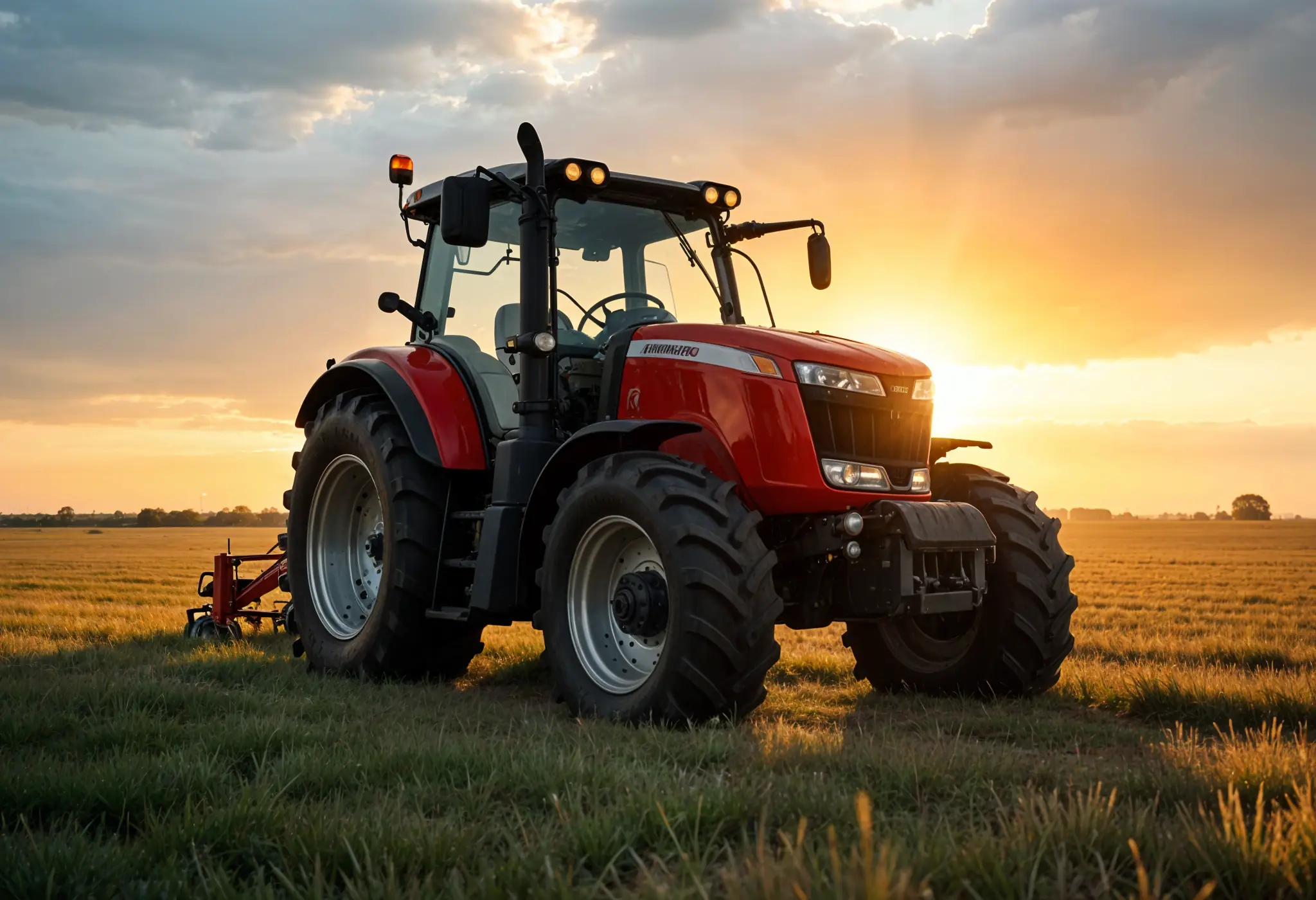
How to Service Farm Equipment: A Farmer's Guide to Zero Harvest Downtime
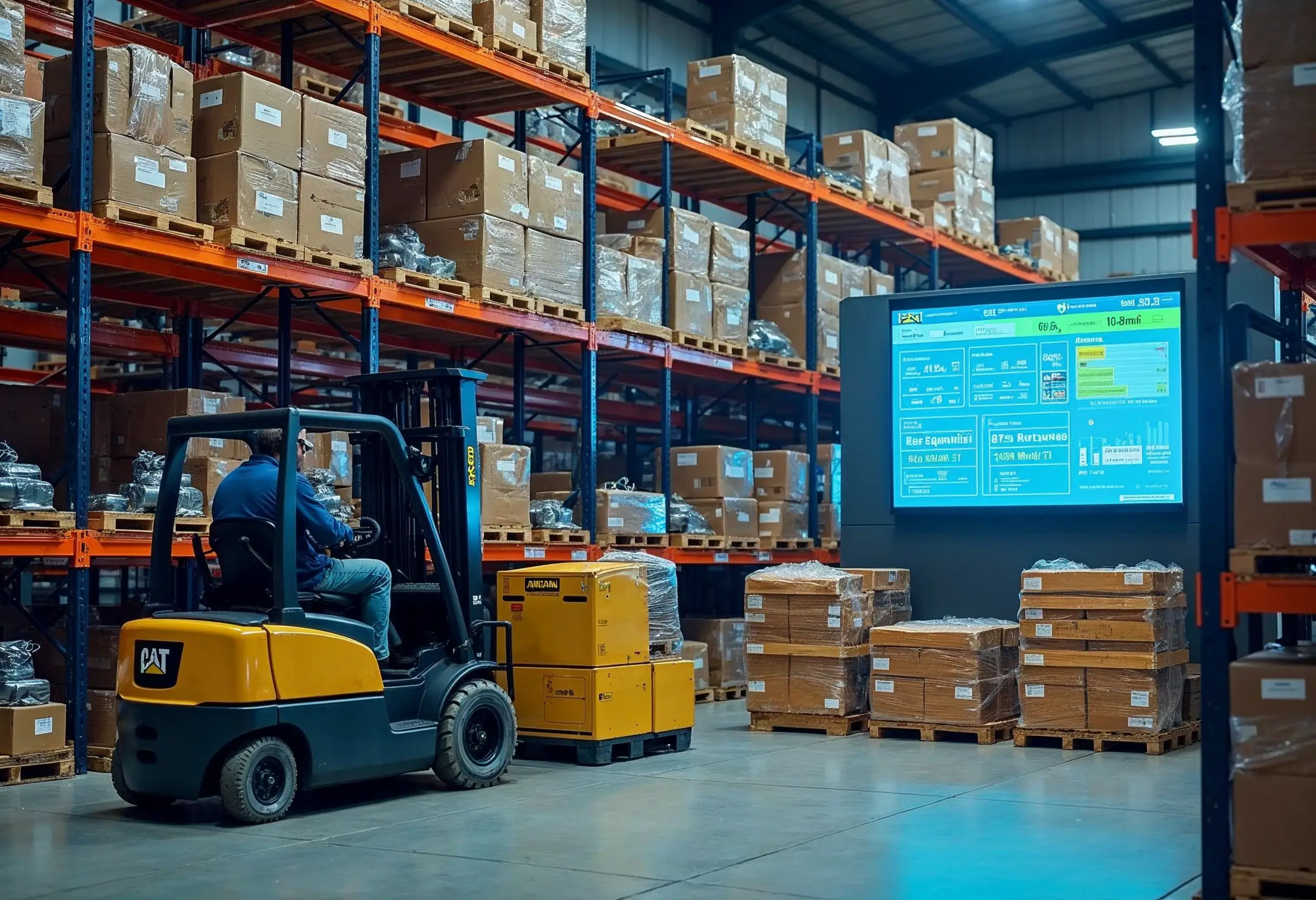
Construction Machinery Parts Suppliers: Expert Selection Guide
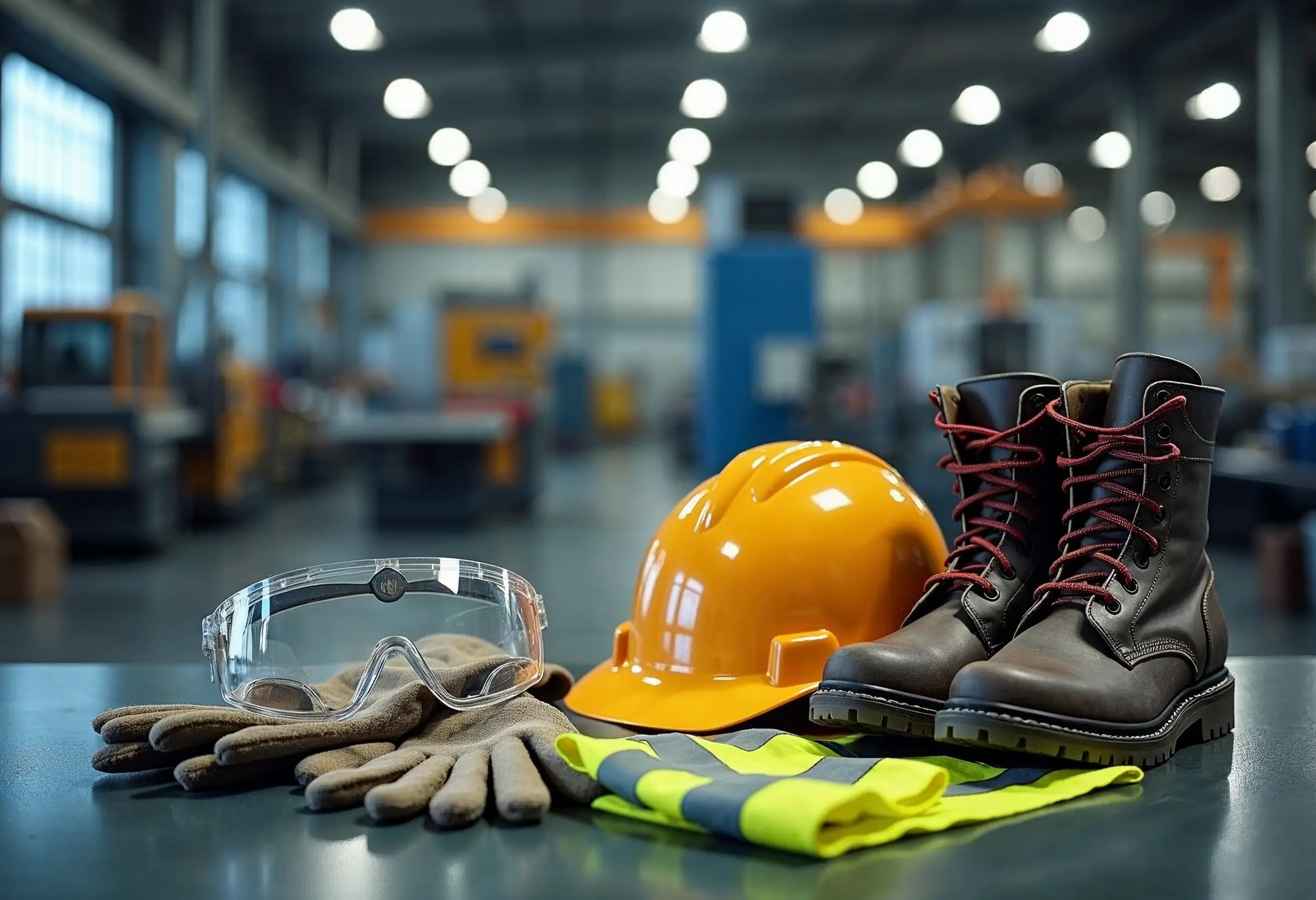
How to Apply Machine Safety Rules: From Selection to Installation

Smart Diagnostics Cut Heavy Equipment Failures by 73%
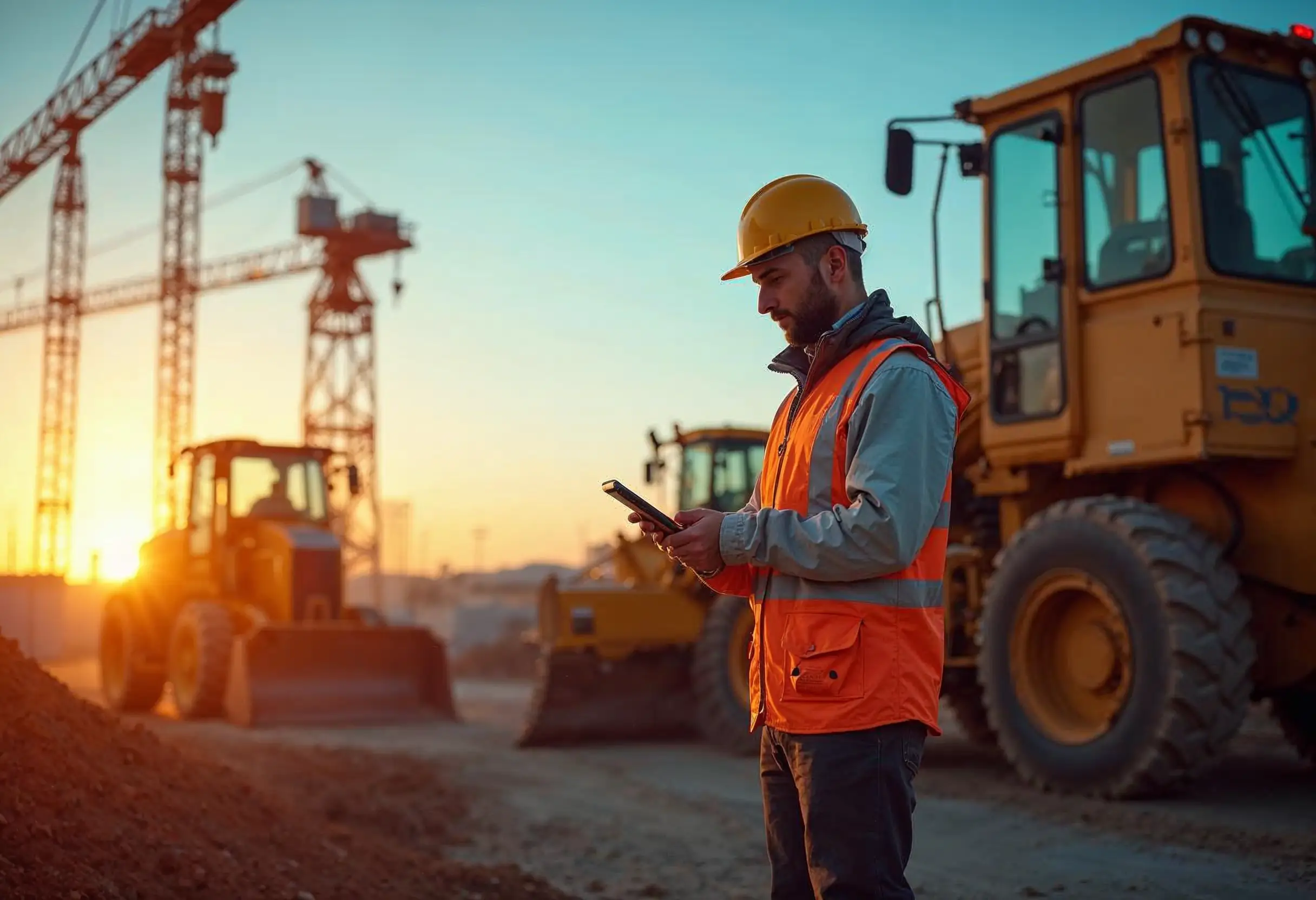
5 Ways to Assess the Environmental Impact of Heavy Construction Machinery
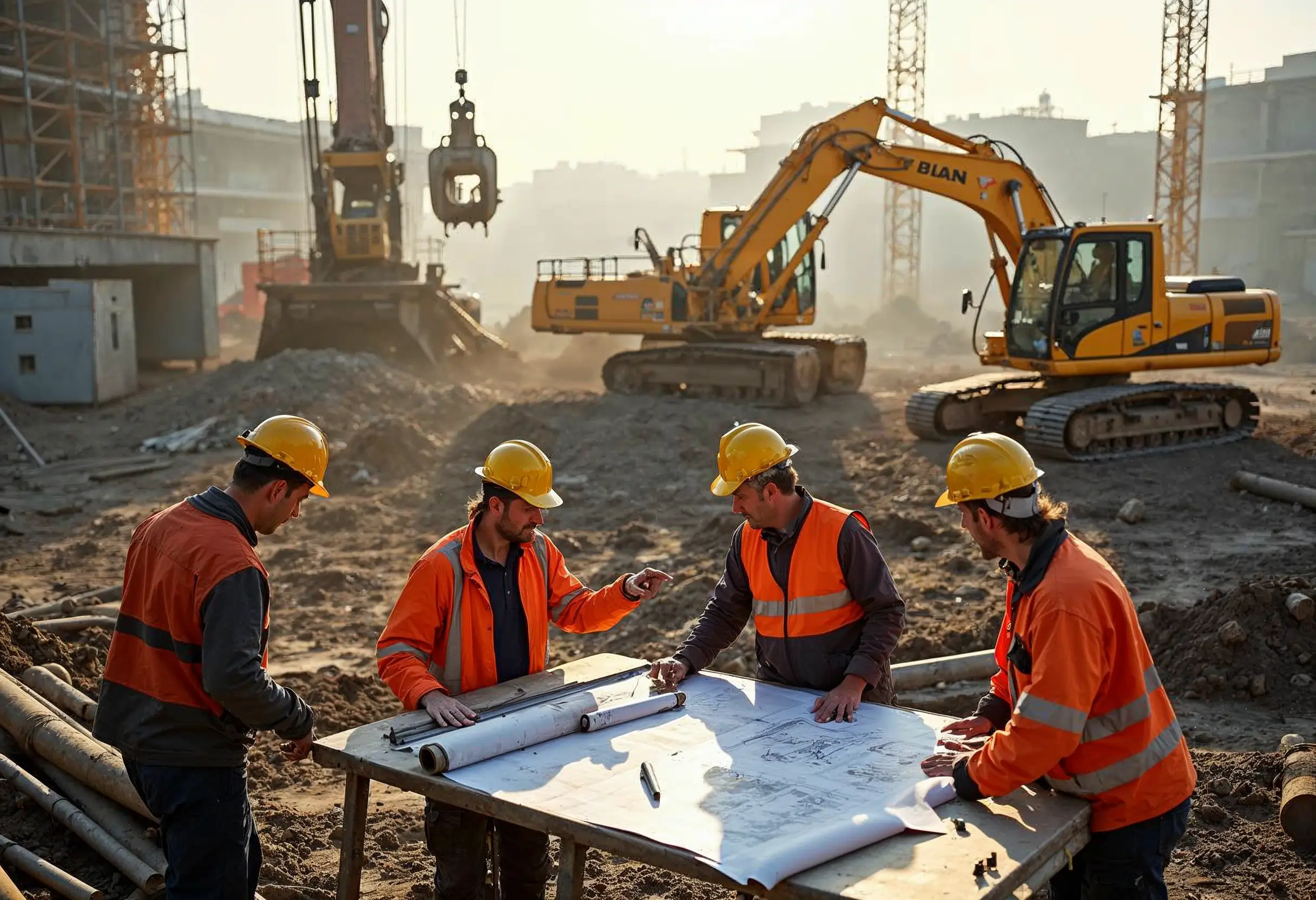
10 Smart Ways to Pick Construction Machinery for 2025 Projects
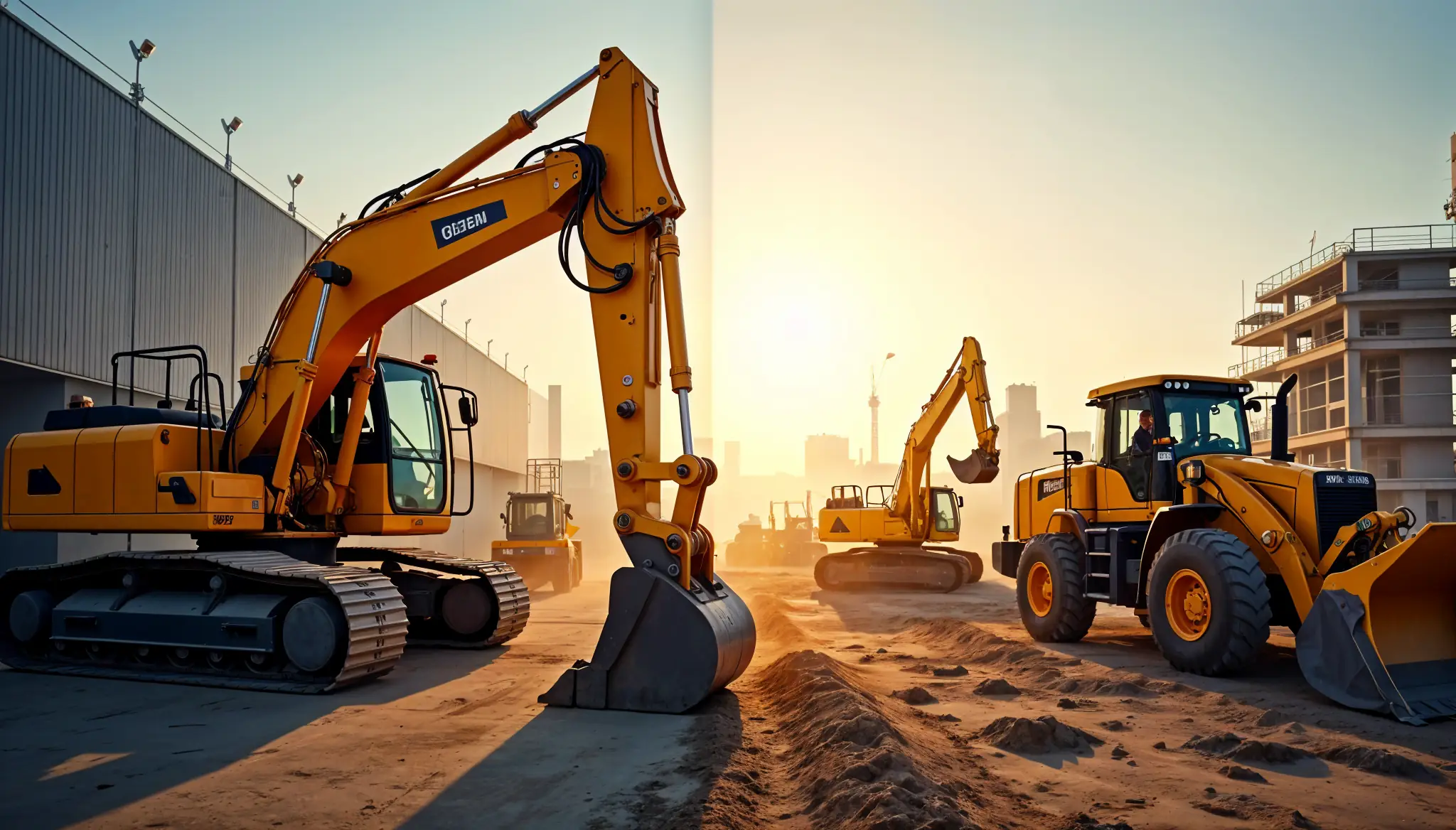
Rent vs Purchase Equipment: What Heavy Industry Experts Hide
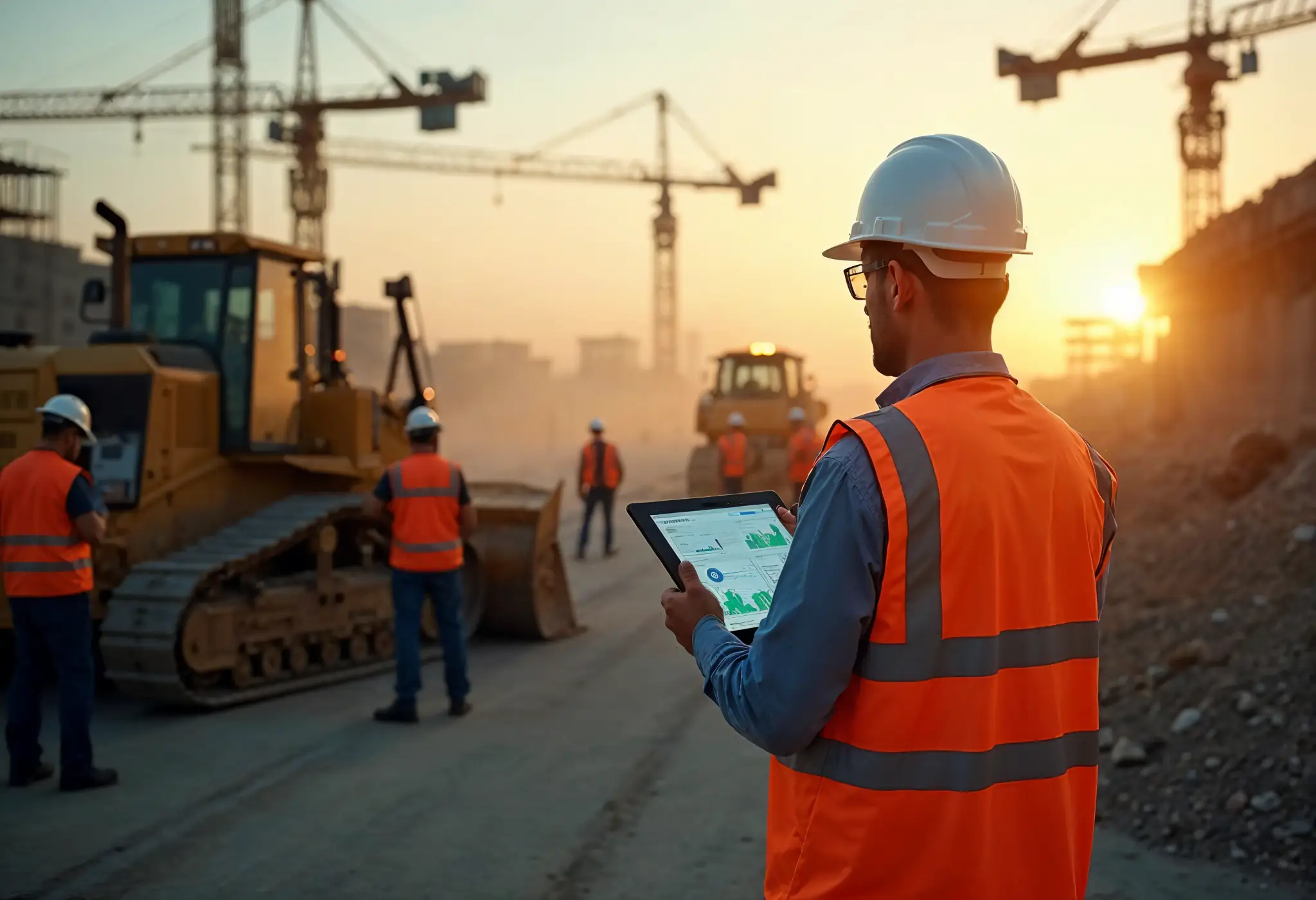
How to Implement a Construction Inventory Management System for Equipment Efficiency
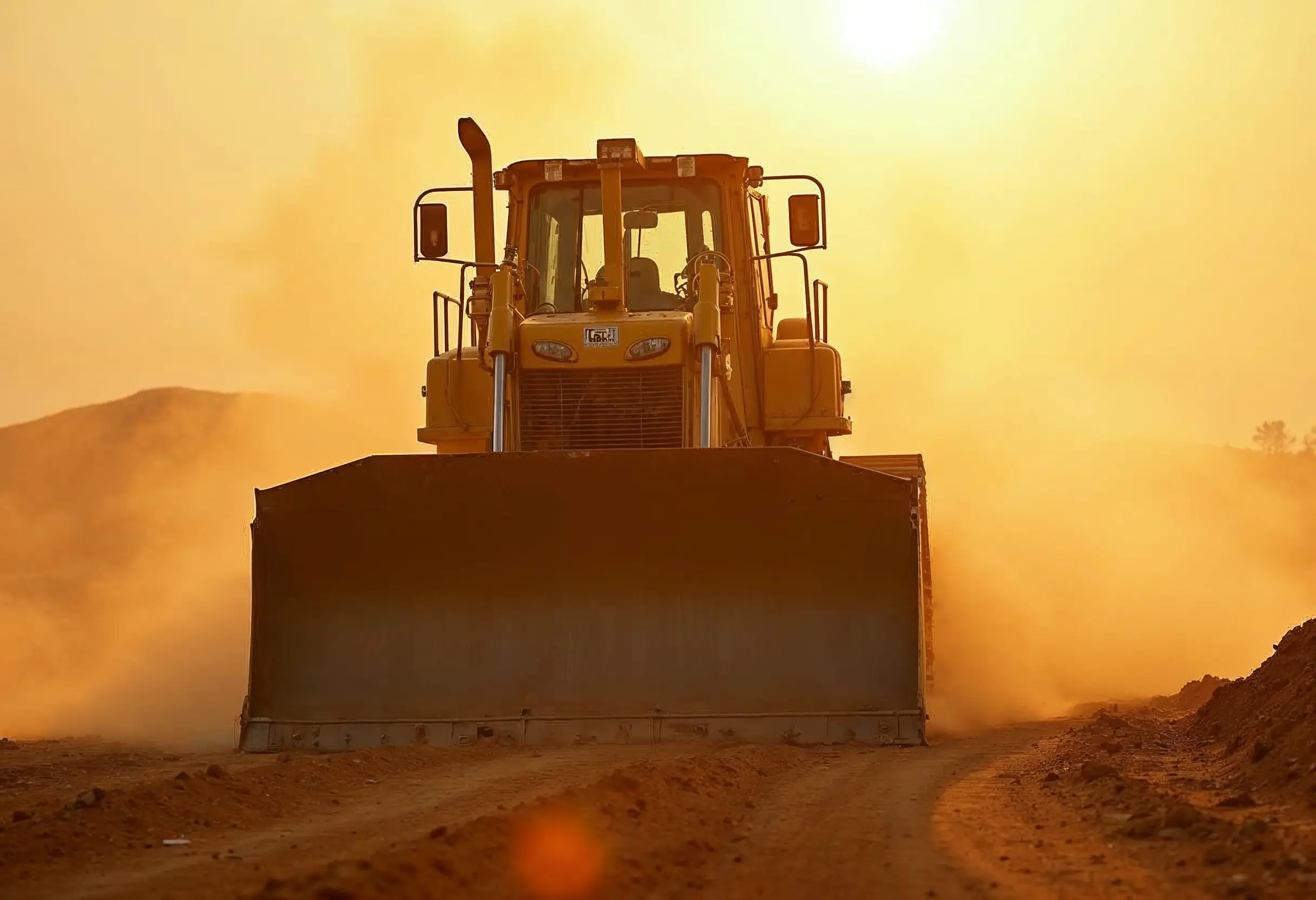
How to Extend Equipment Life Expectancy with Regular Maintenance
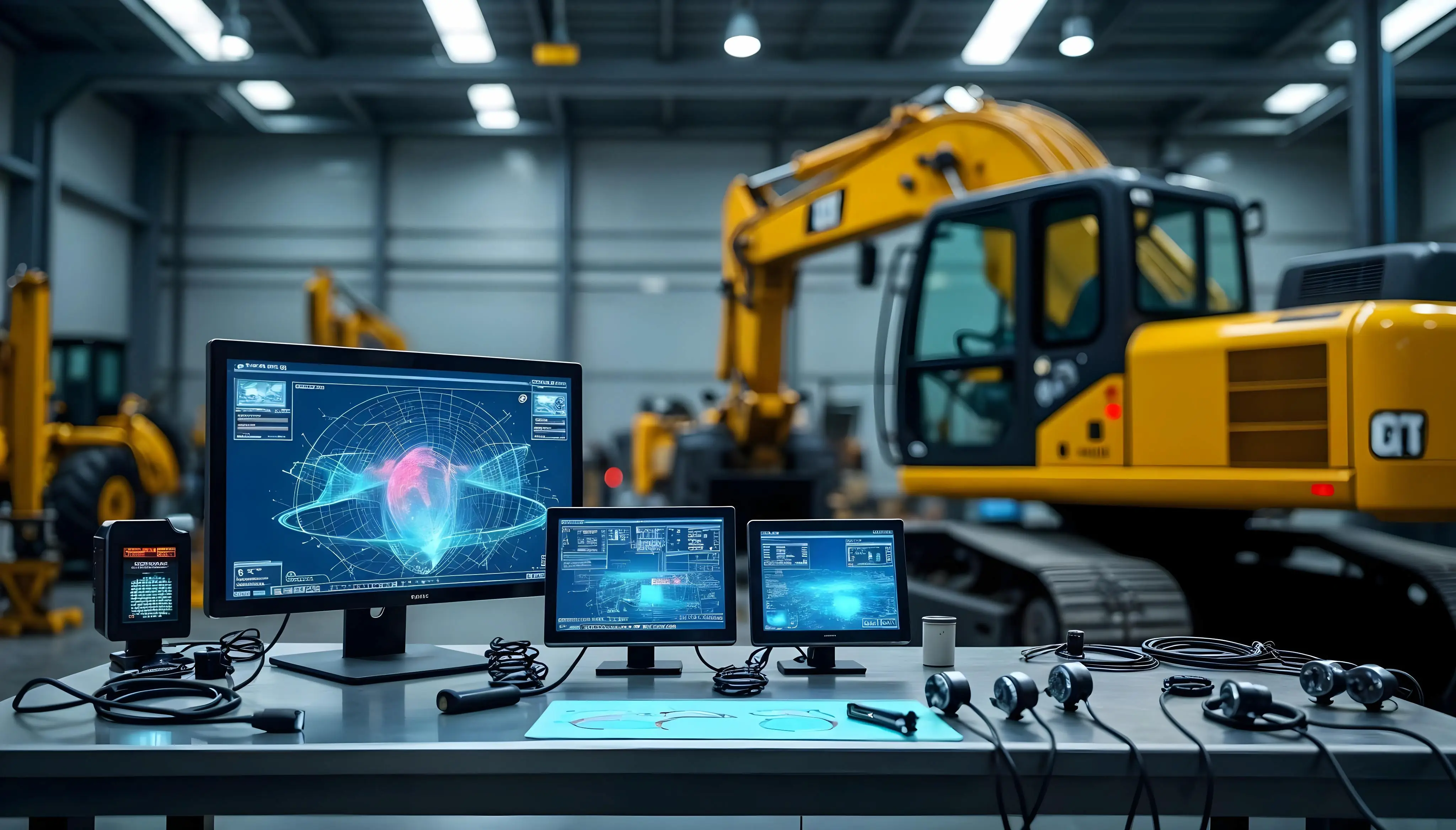
Advanced Heavy Equipment Diagnostic Tools: Ensuring Construction Machinery Quality
Essential Features Your Construction Equipment Inventory System Needs
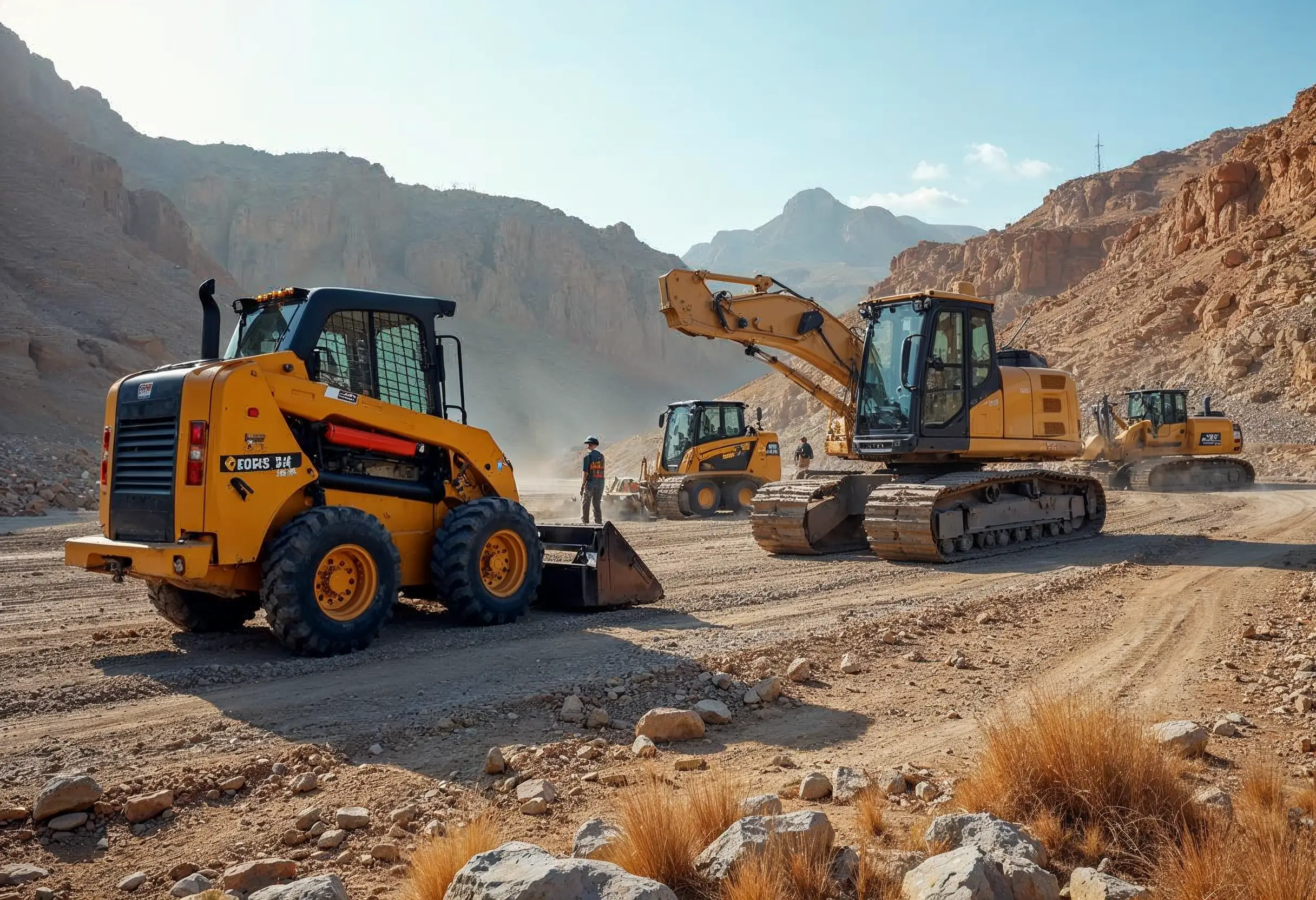
29 Quick Tips for Choosing Construction Equipment for Remote Locations
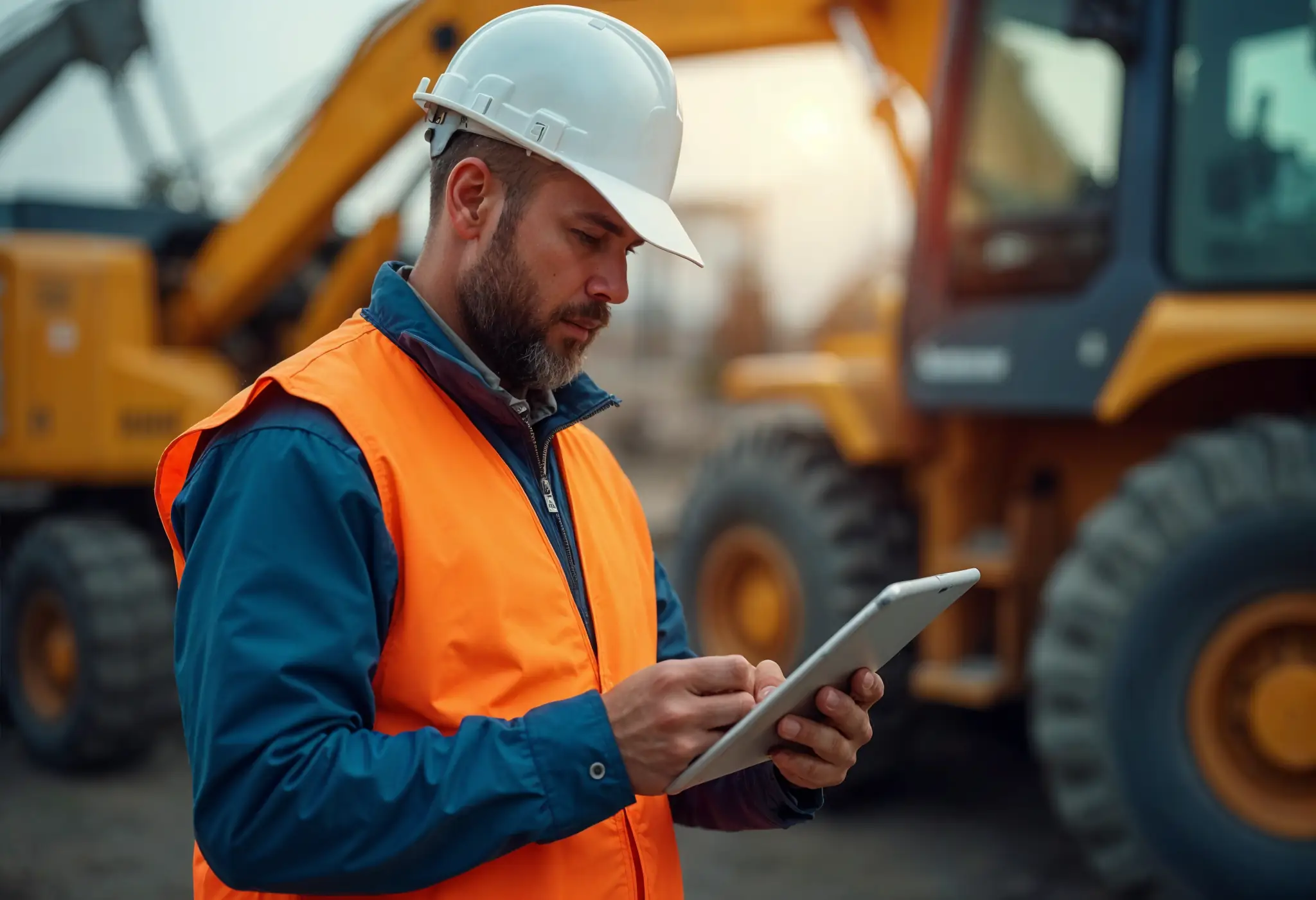
How to Select Construction Machinery with Optimal Equipment Maintenance in Mind
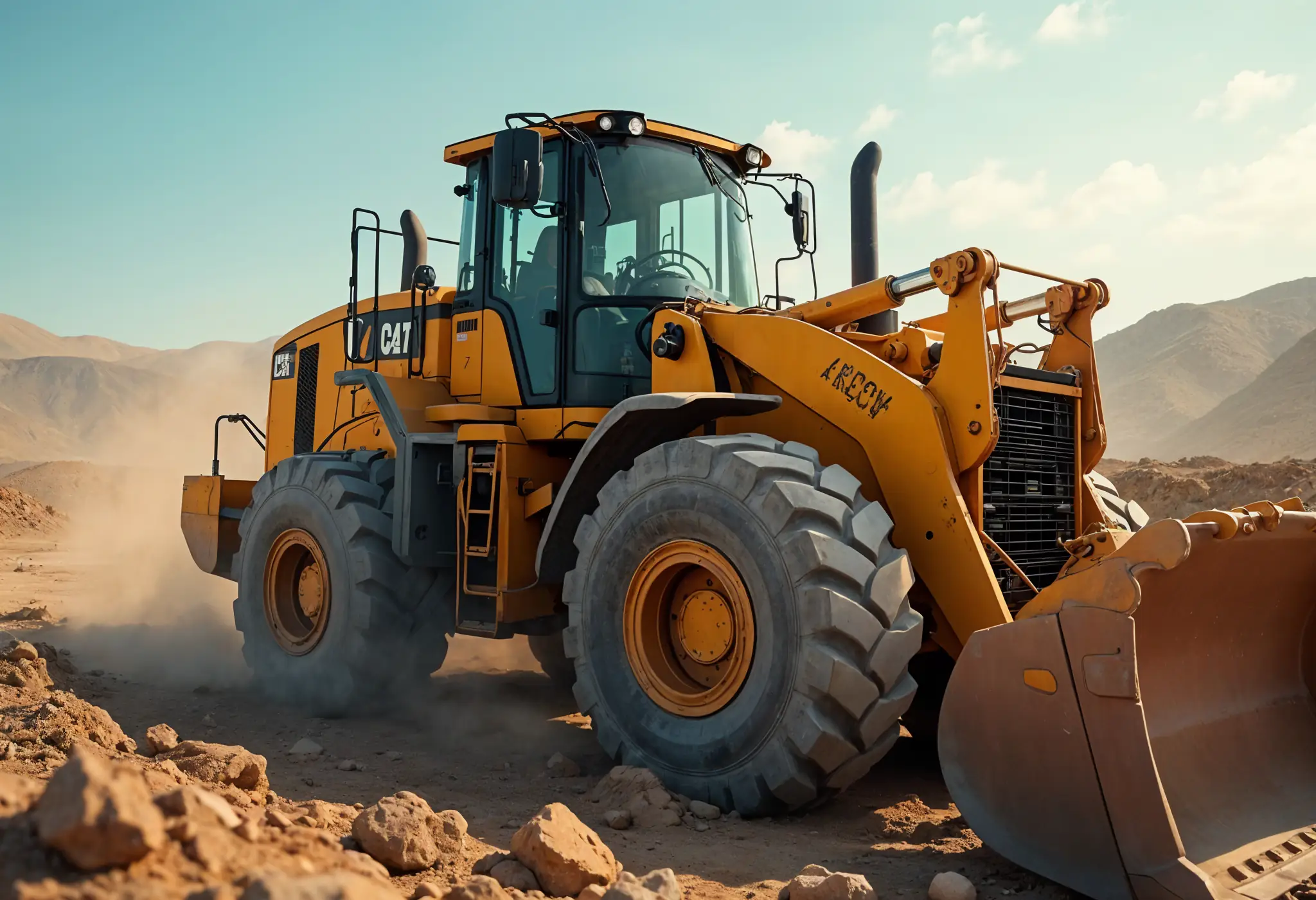
Top 25 Tips for Selecting Bulldozers for Construction Sites

Which Construction Loader is Best for Your Project Needs?
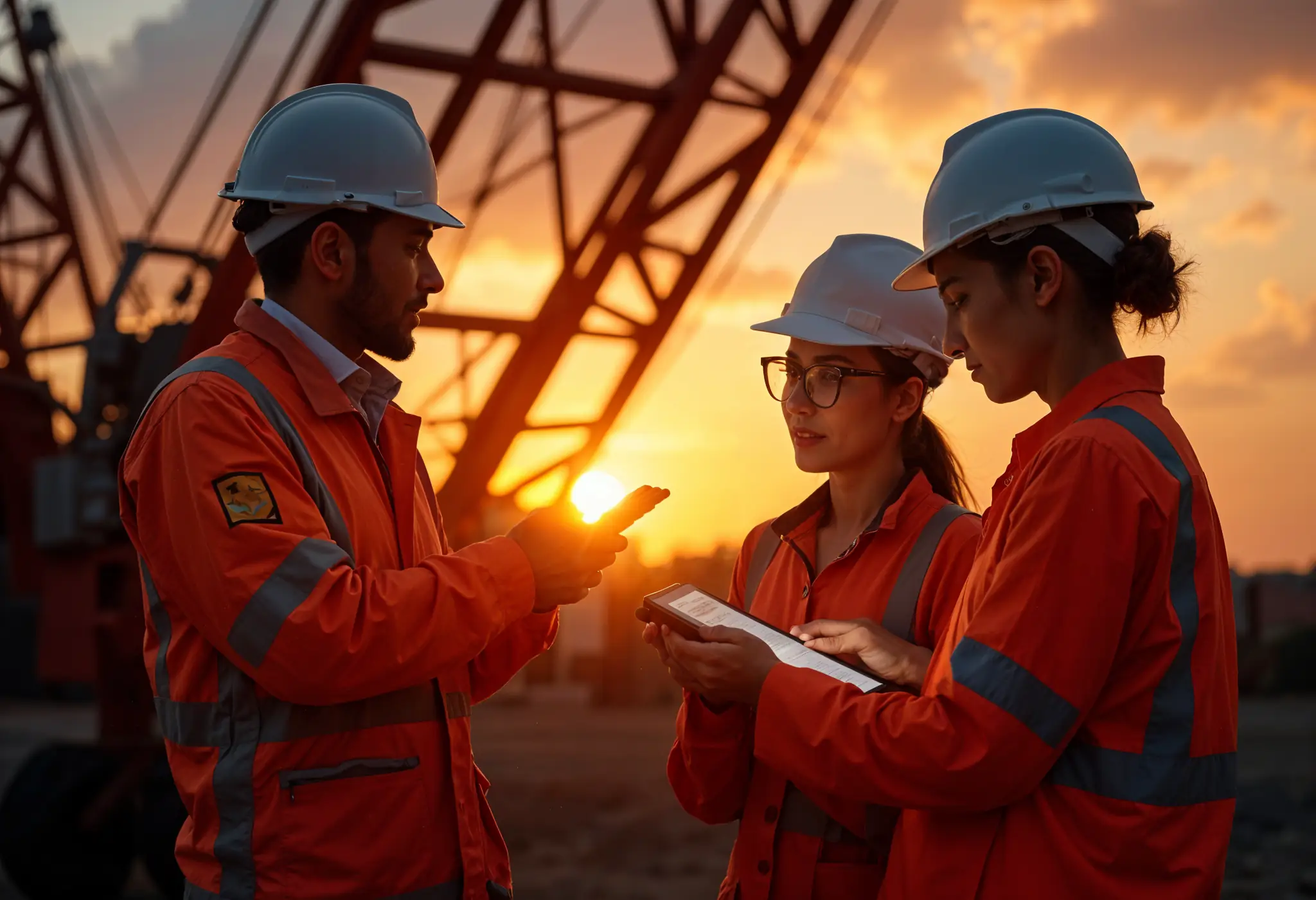
4 Key Steps to Form a Construction Machinery QC Team
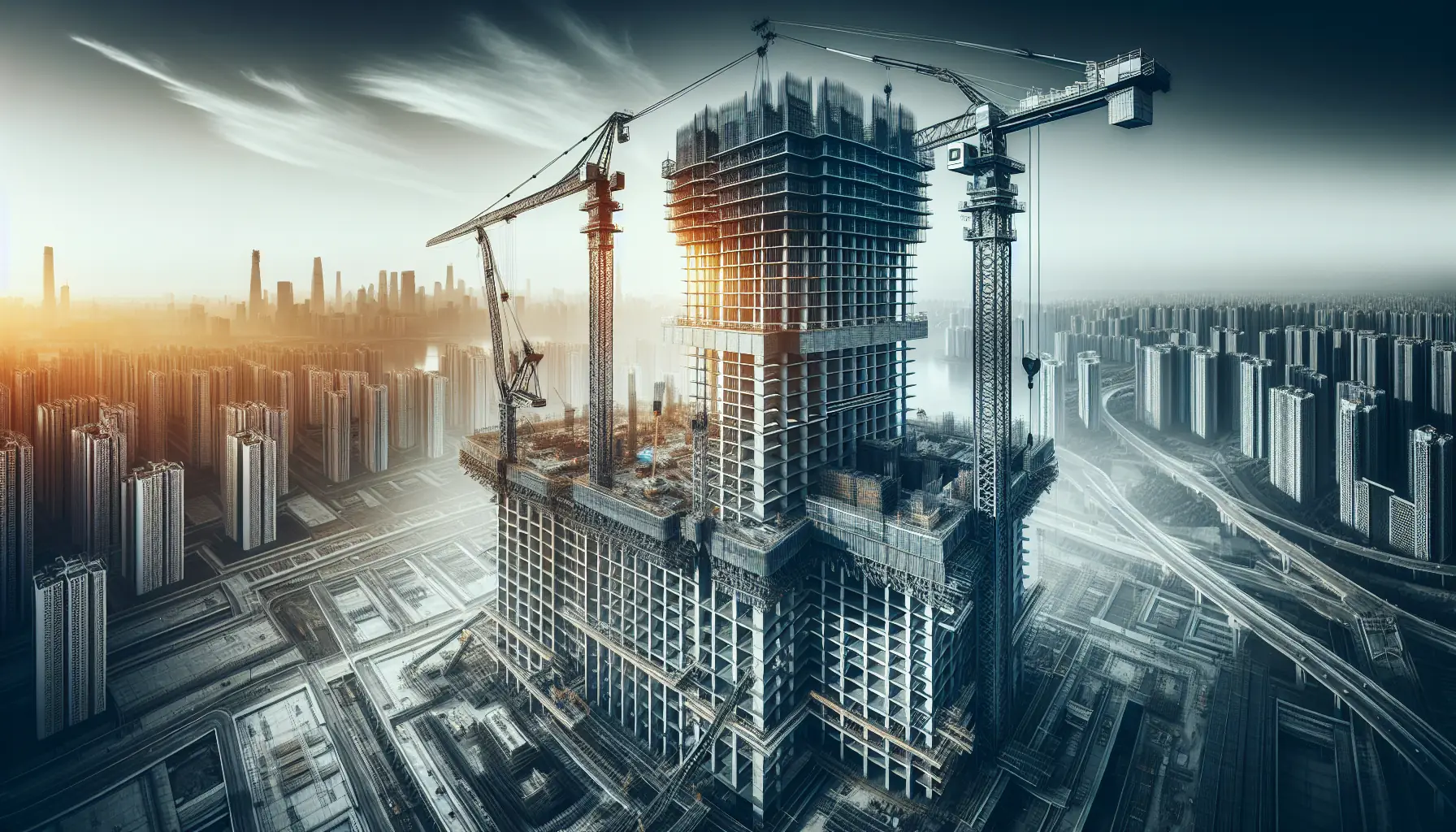
15 Essential Tips for Selecting the Perfect Crane for Construction
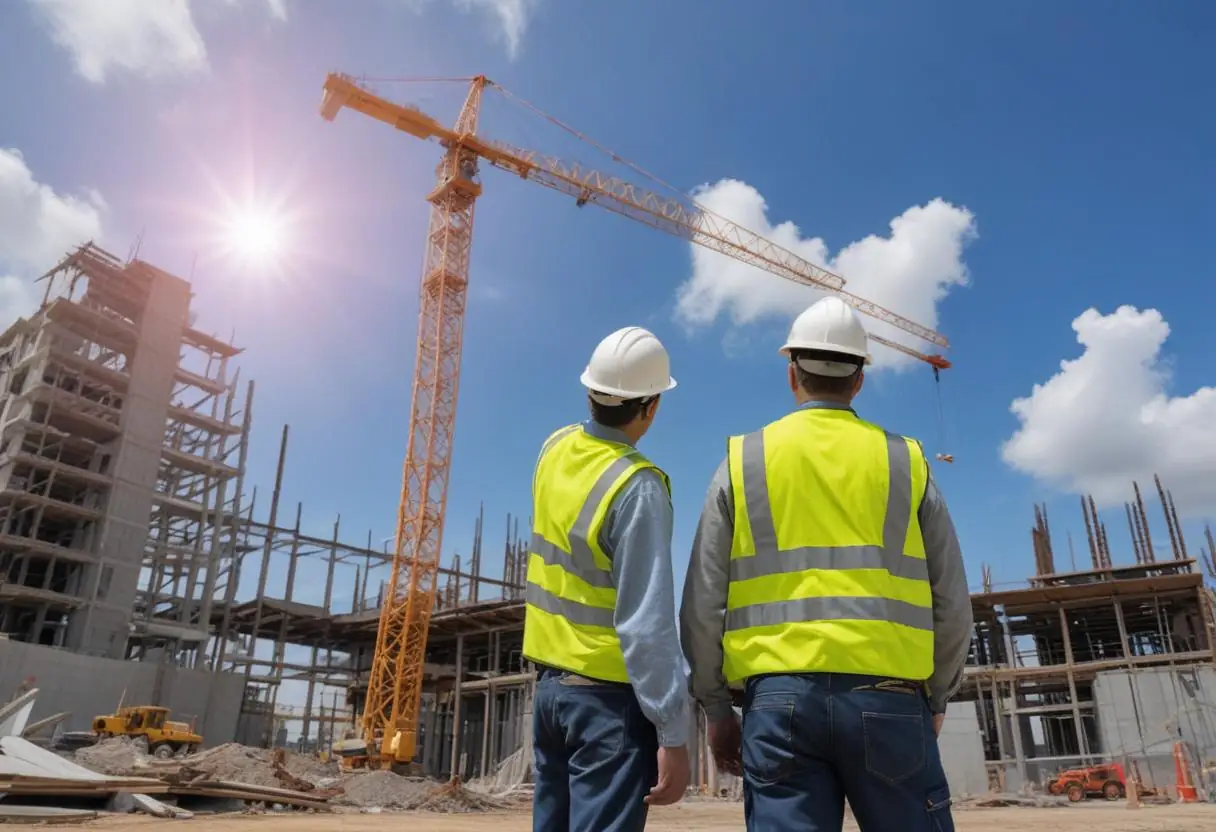
Maximize Savings: Multi-Purpose Construction Machinery for Lower Costs
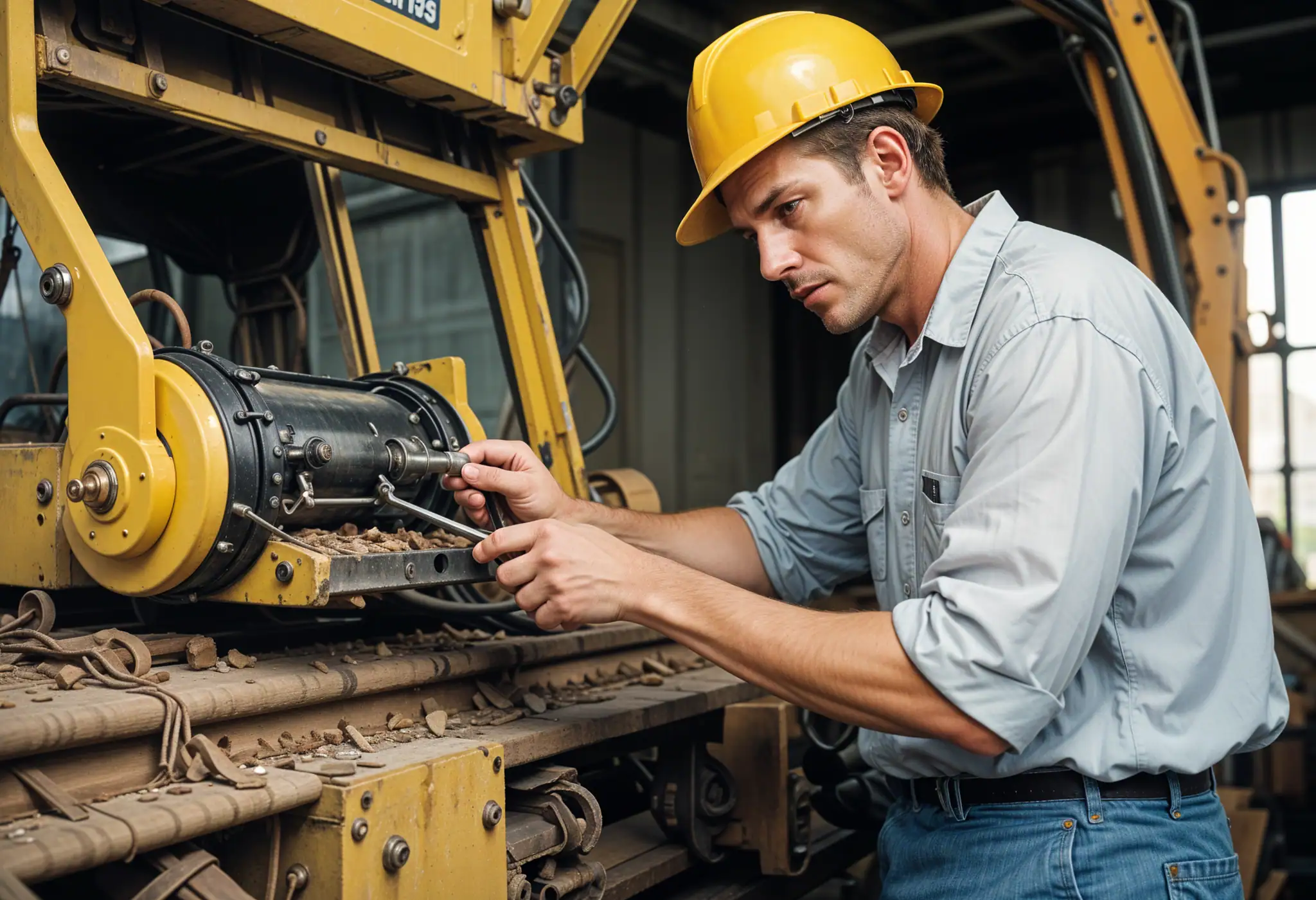
Affordable Heavy Equipment Parts: A Sourcing Guide
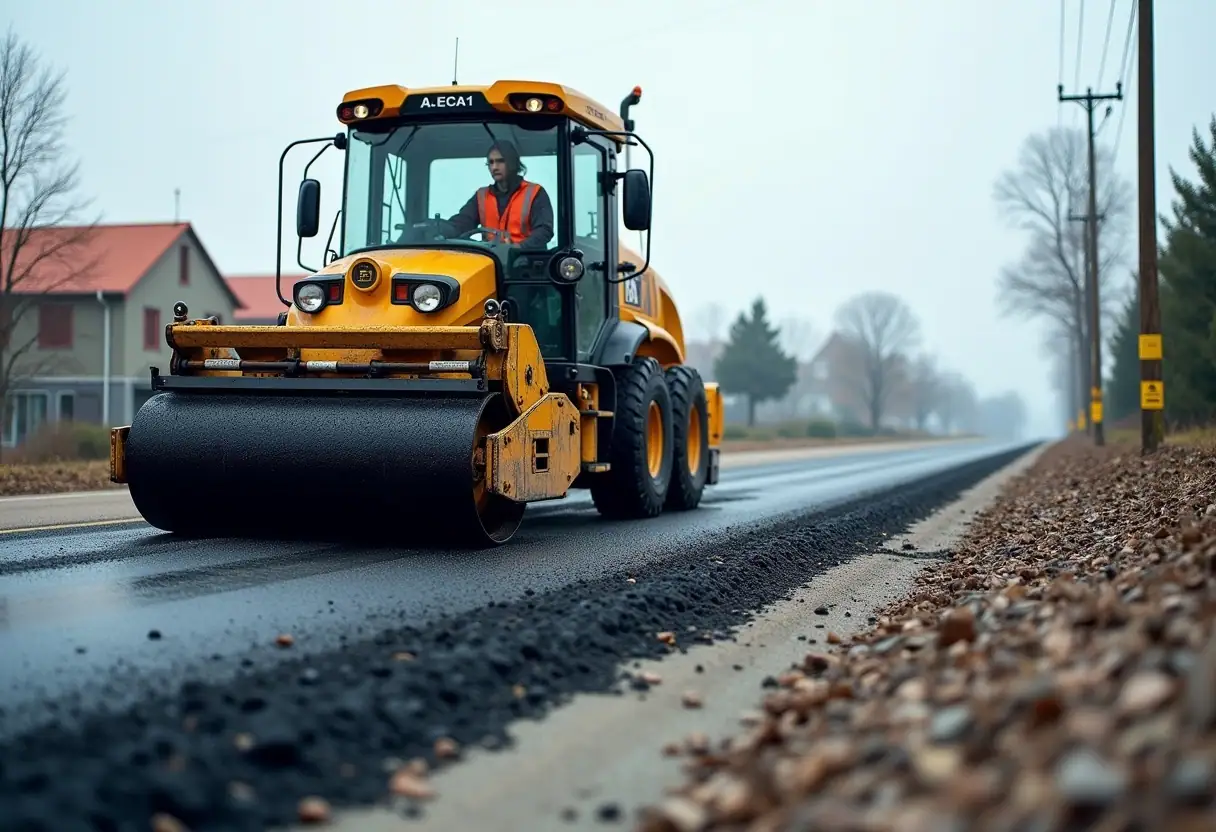
Choosing the Right Road Construction Equipment: A Complete Guide
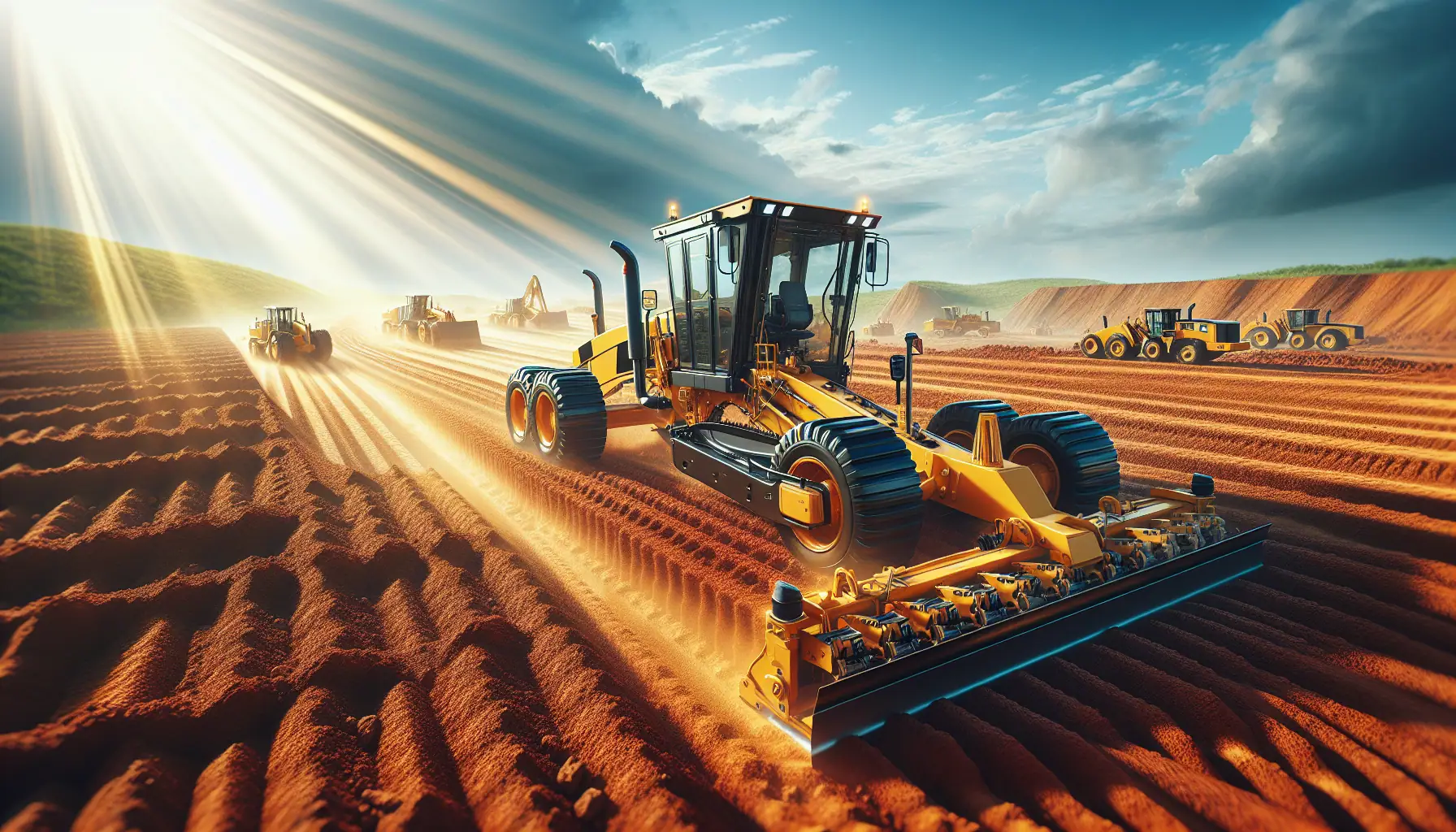
Motor Graders: Key Elements to Consider for Optimal Selection
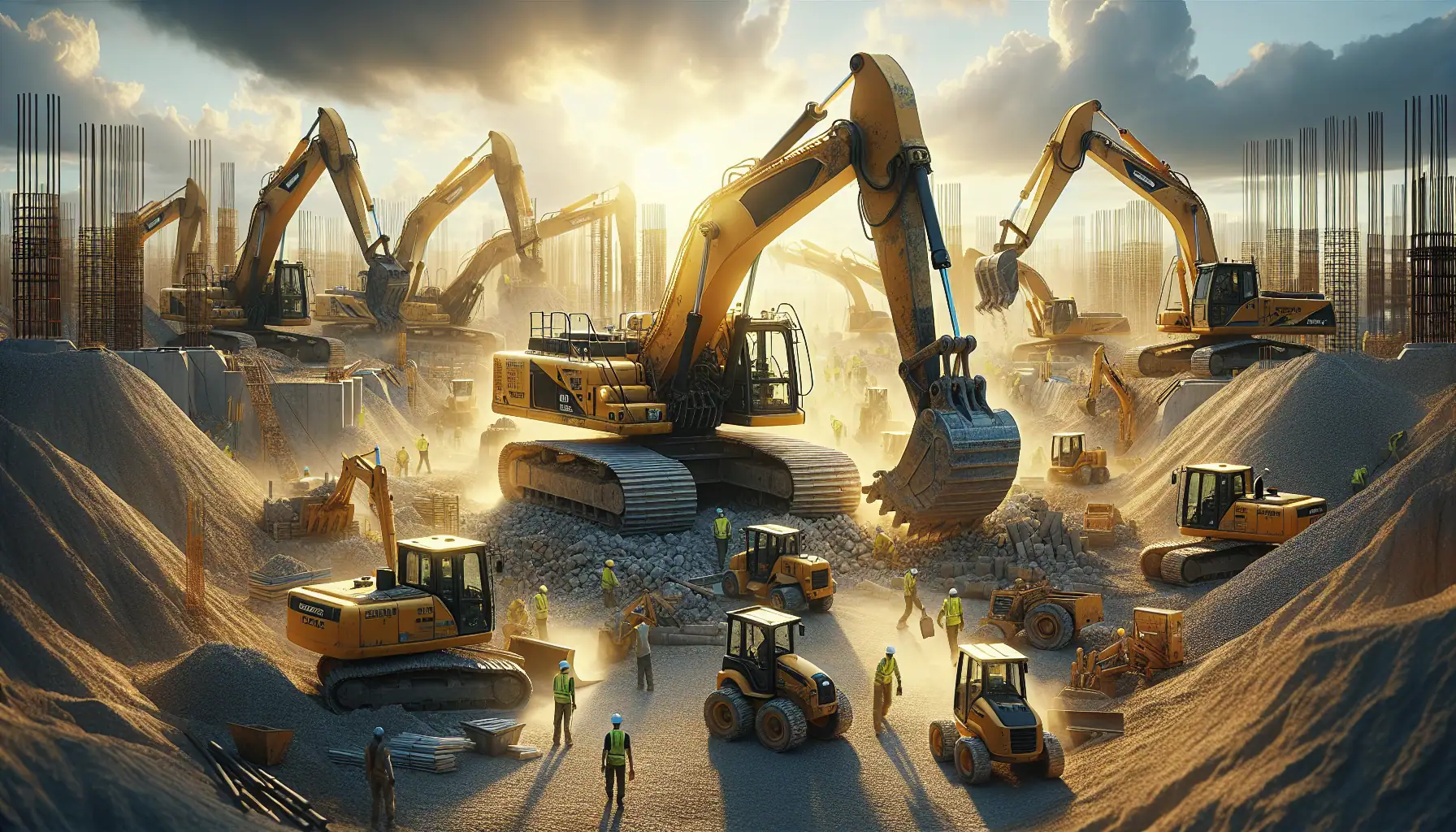
A Detailed Guide to Choosing Excavators for Construction Work
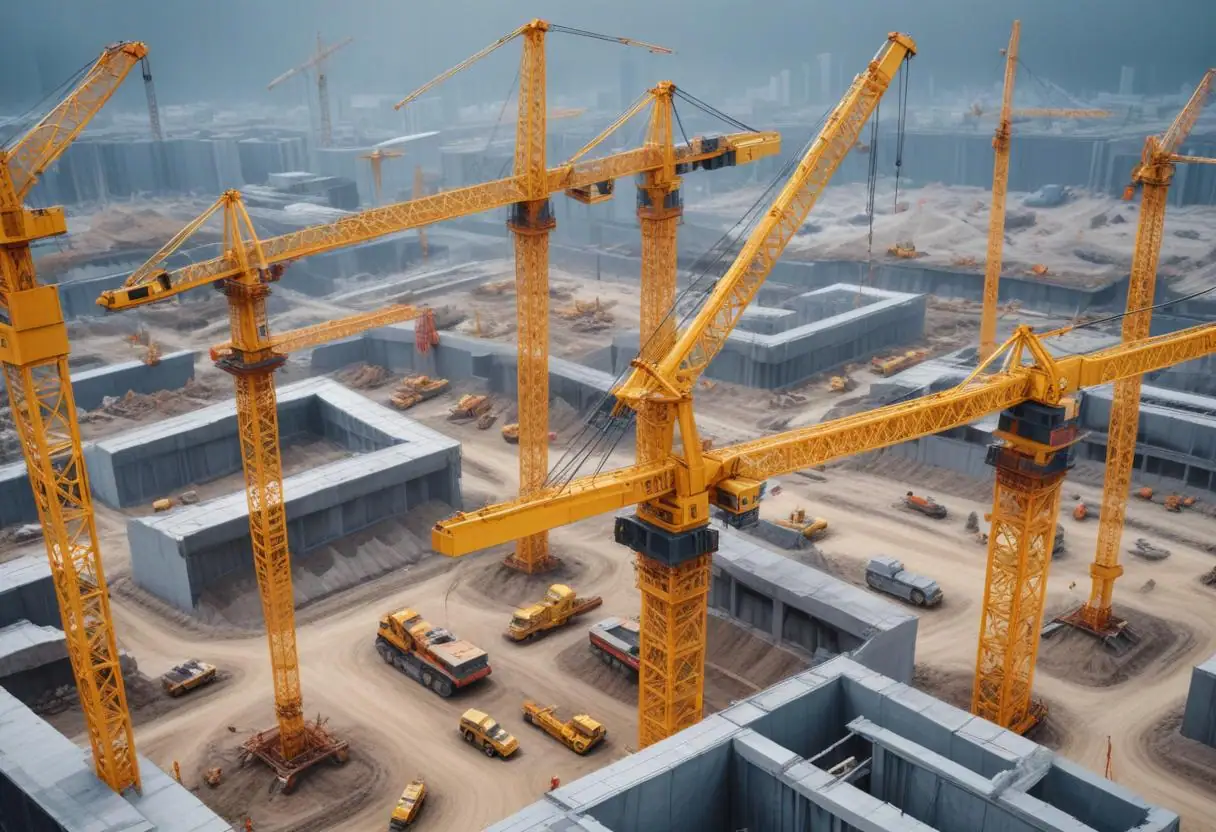
Top Tips for Choosing Cranes for Construction Projects
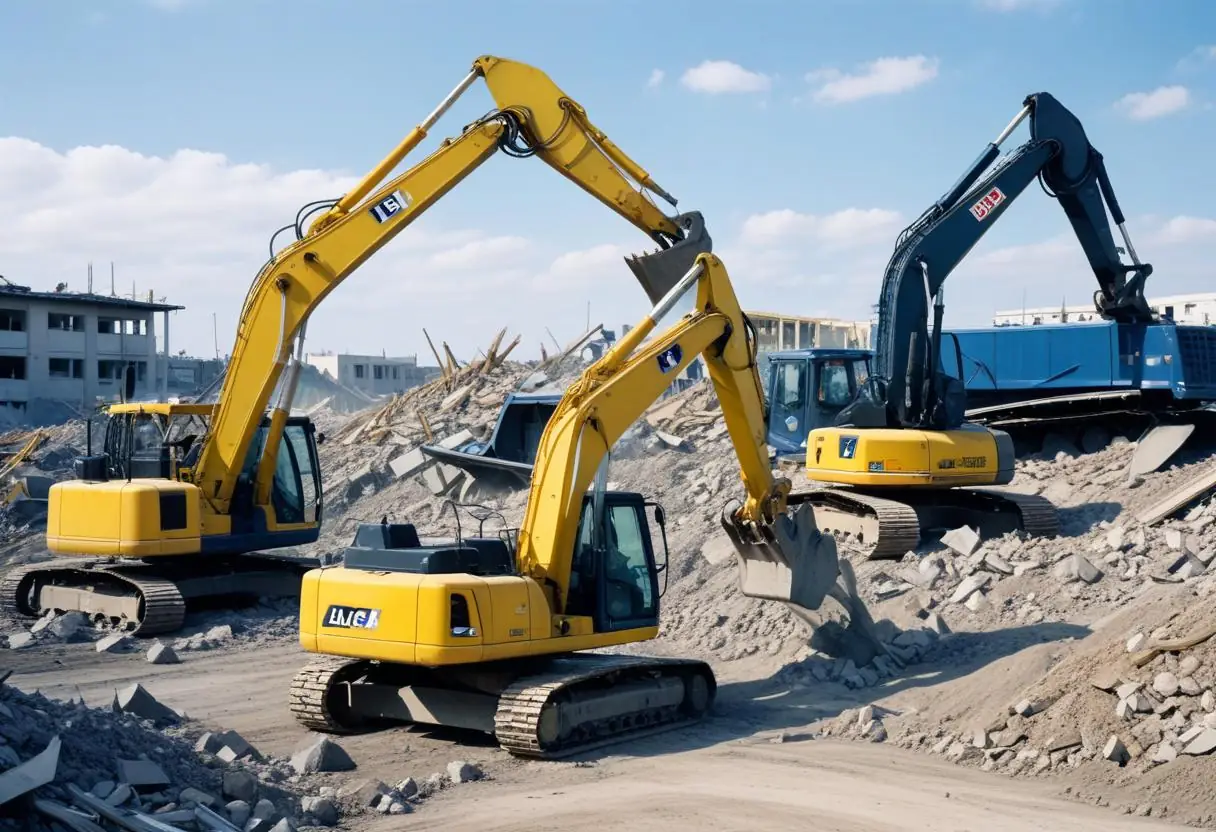
5 Top-Rated Demolition Machines for Construction Professionals
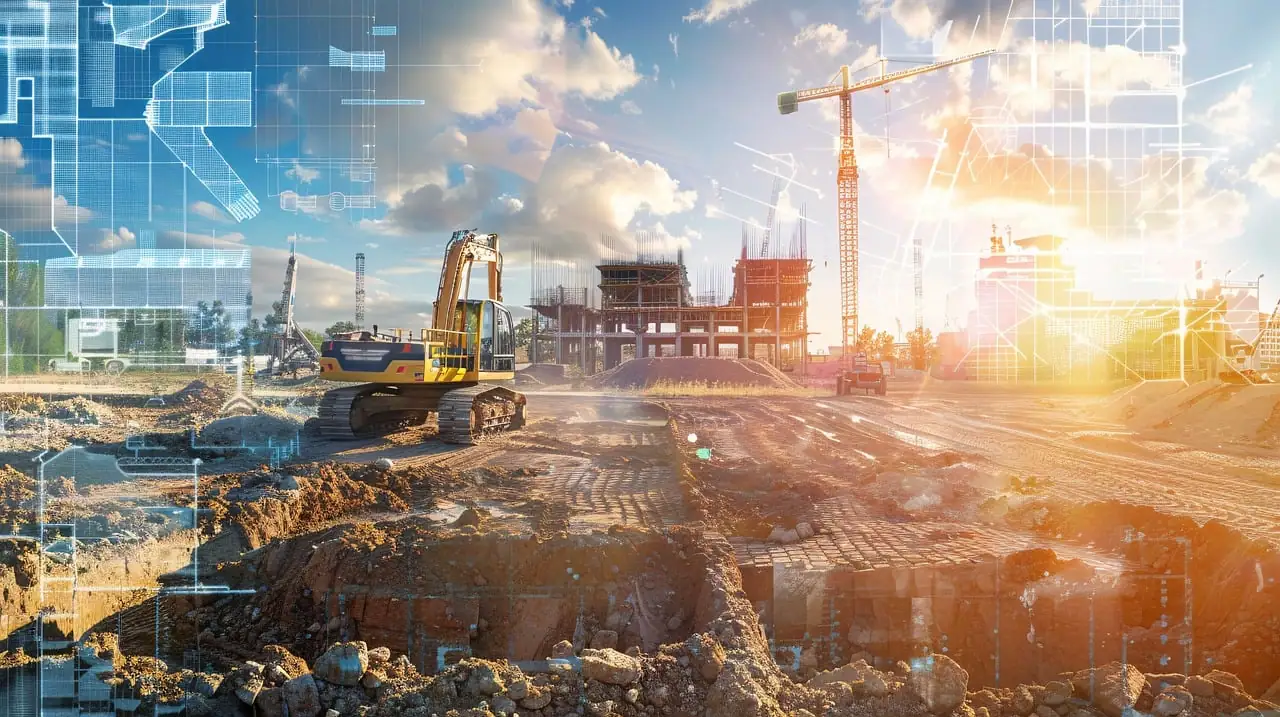
Expert Tips on Choosing Earthmoving Equipment for Large Projects
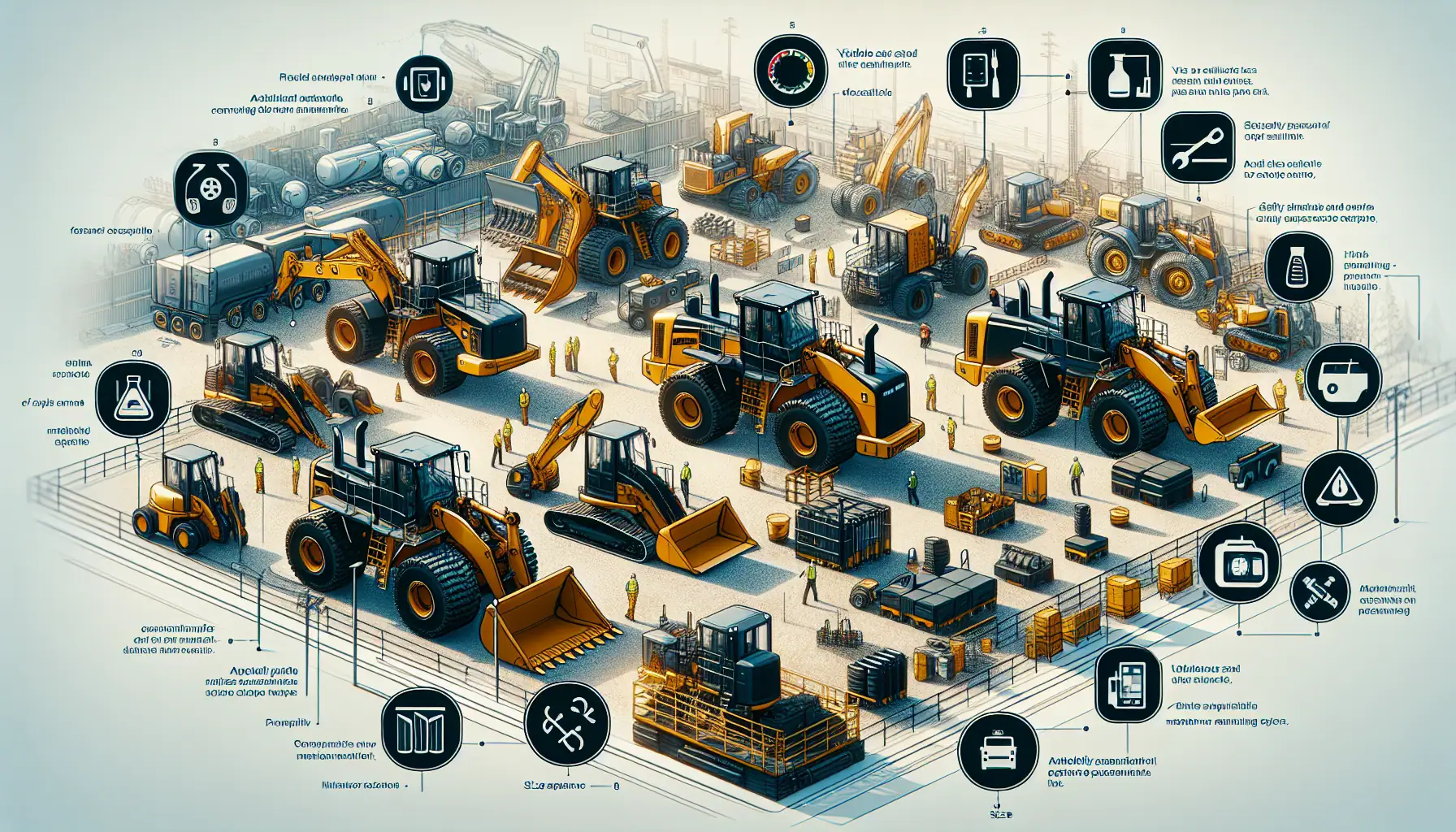
Top Functional Criteria for Selecting Heavy Construction Equipment
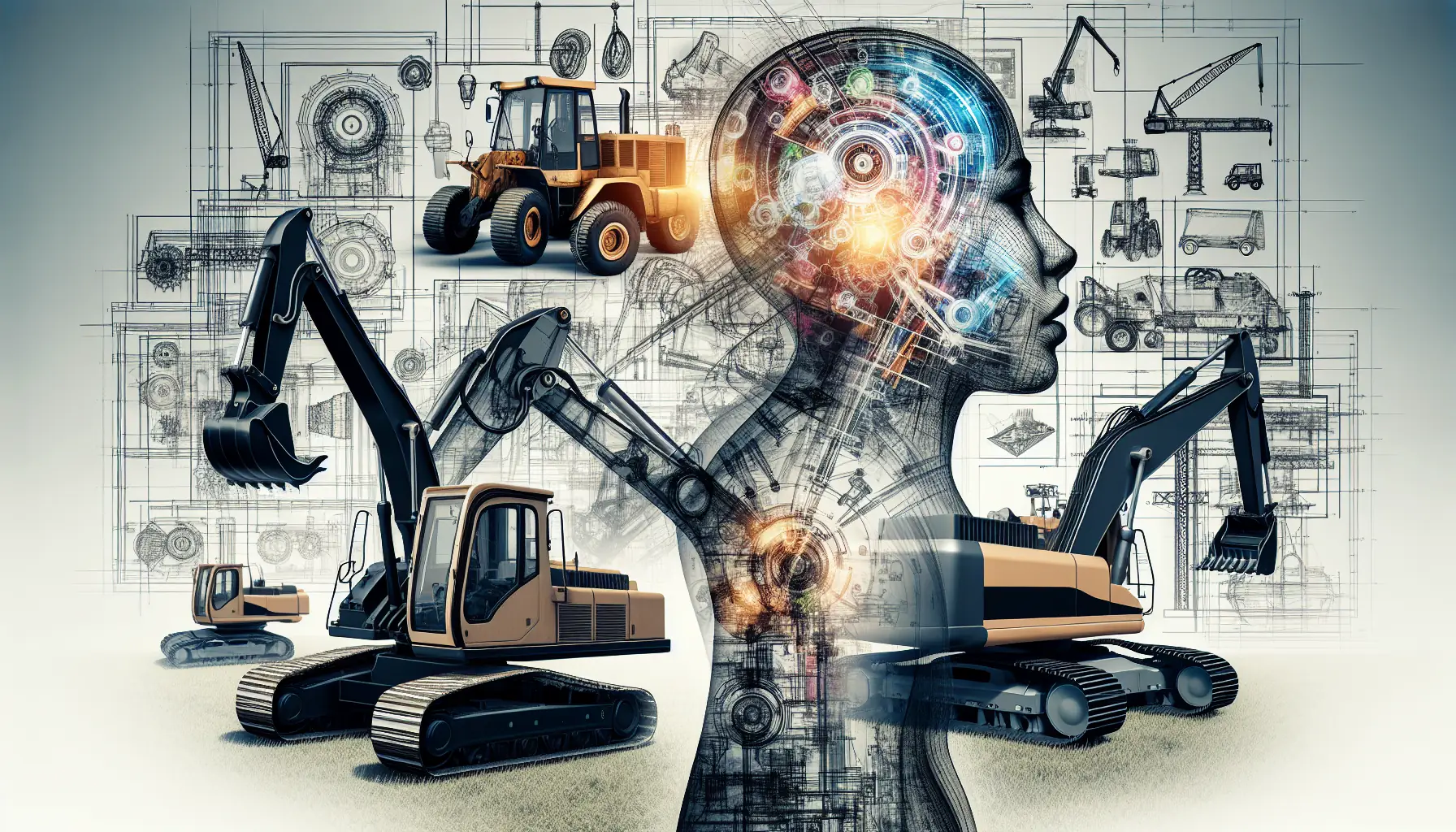
Construction Machinery: Detailed Guide to Equipment Specifications
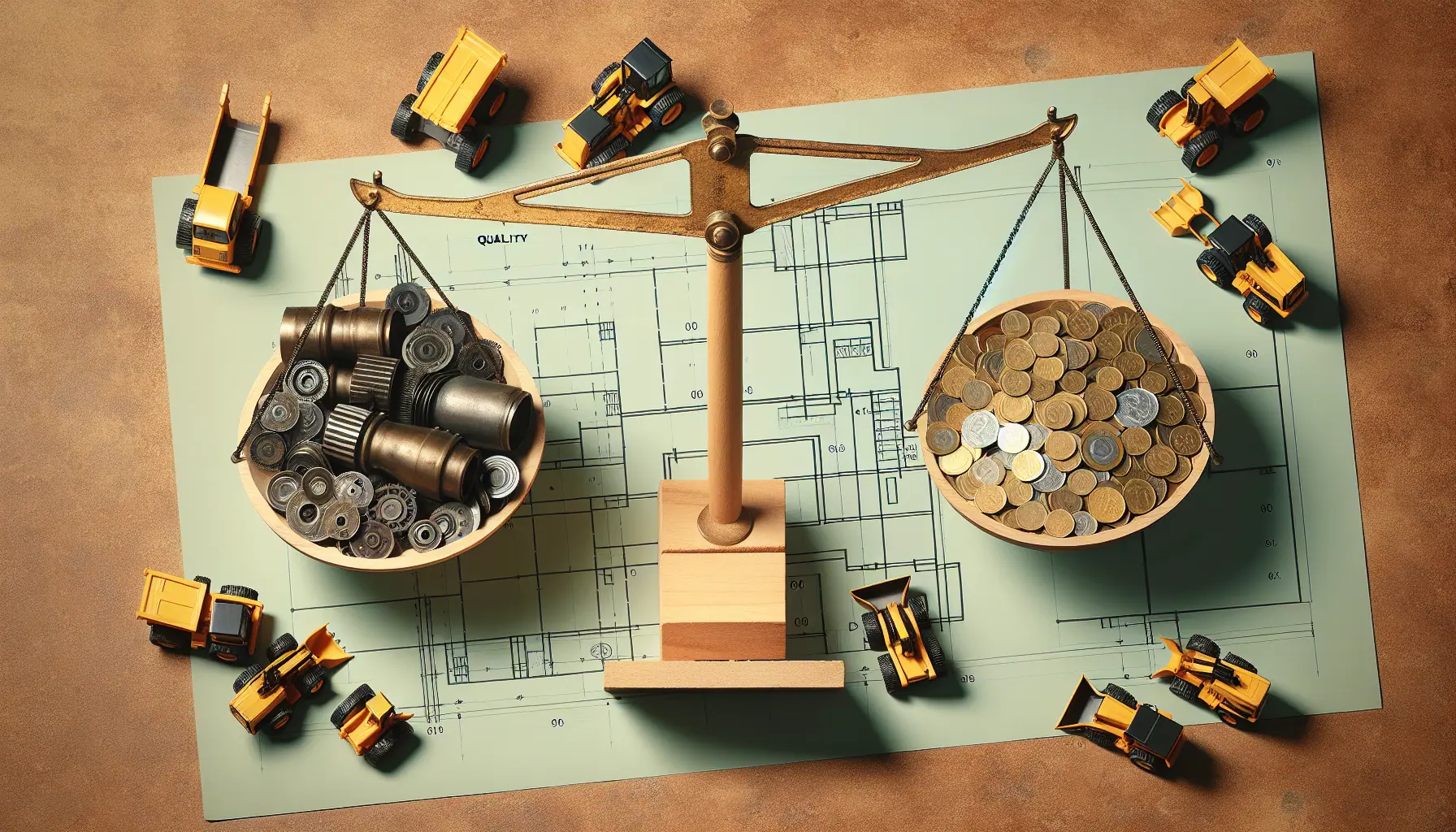
Heavy Machinery Prices: Key Factors in Cost and Quality Balance
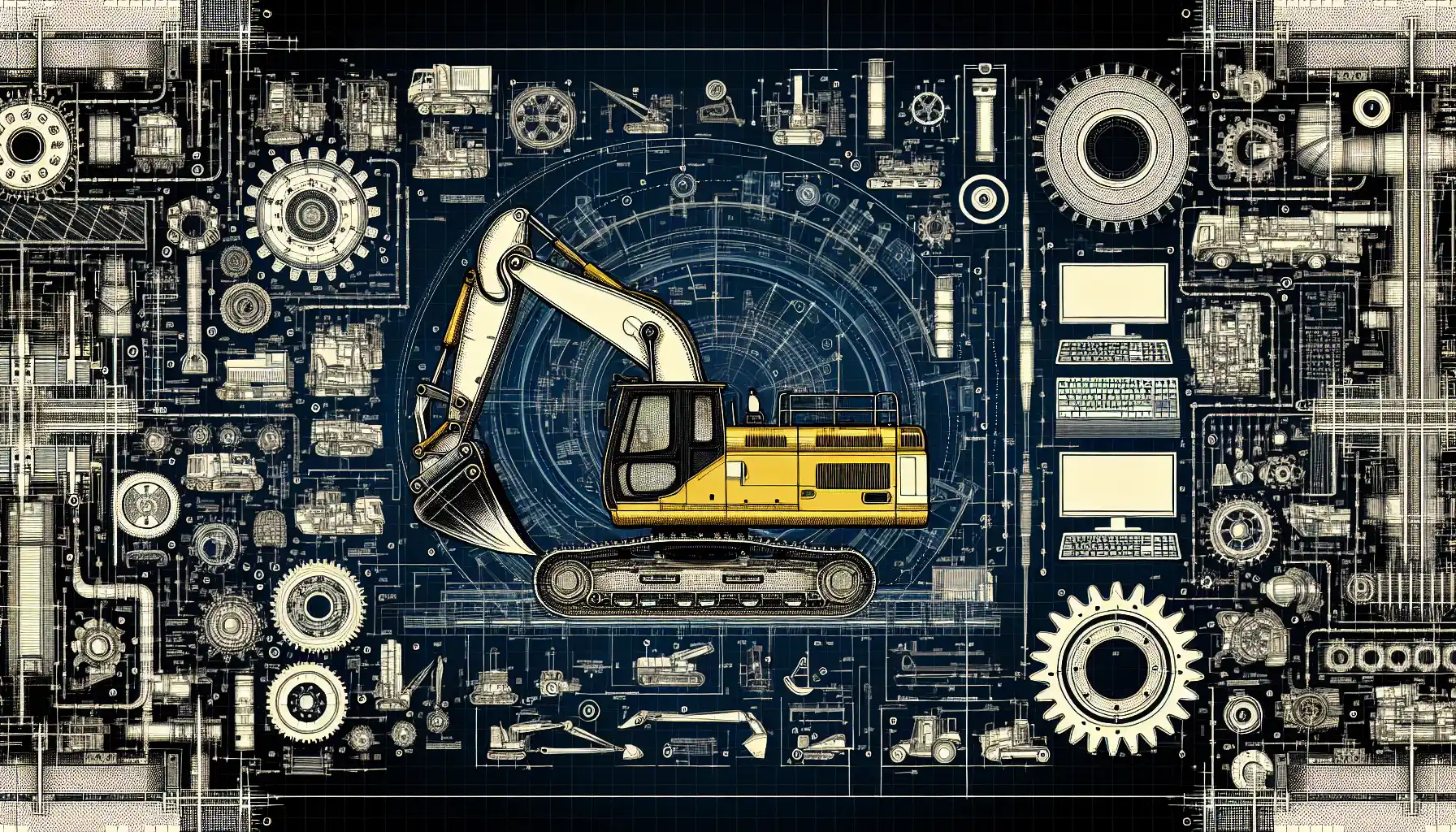
Best Construction Heavy Equipment Brands: Pros and Cons
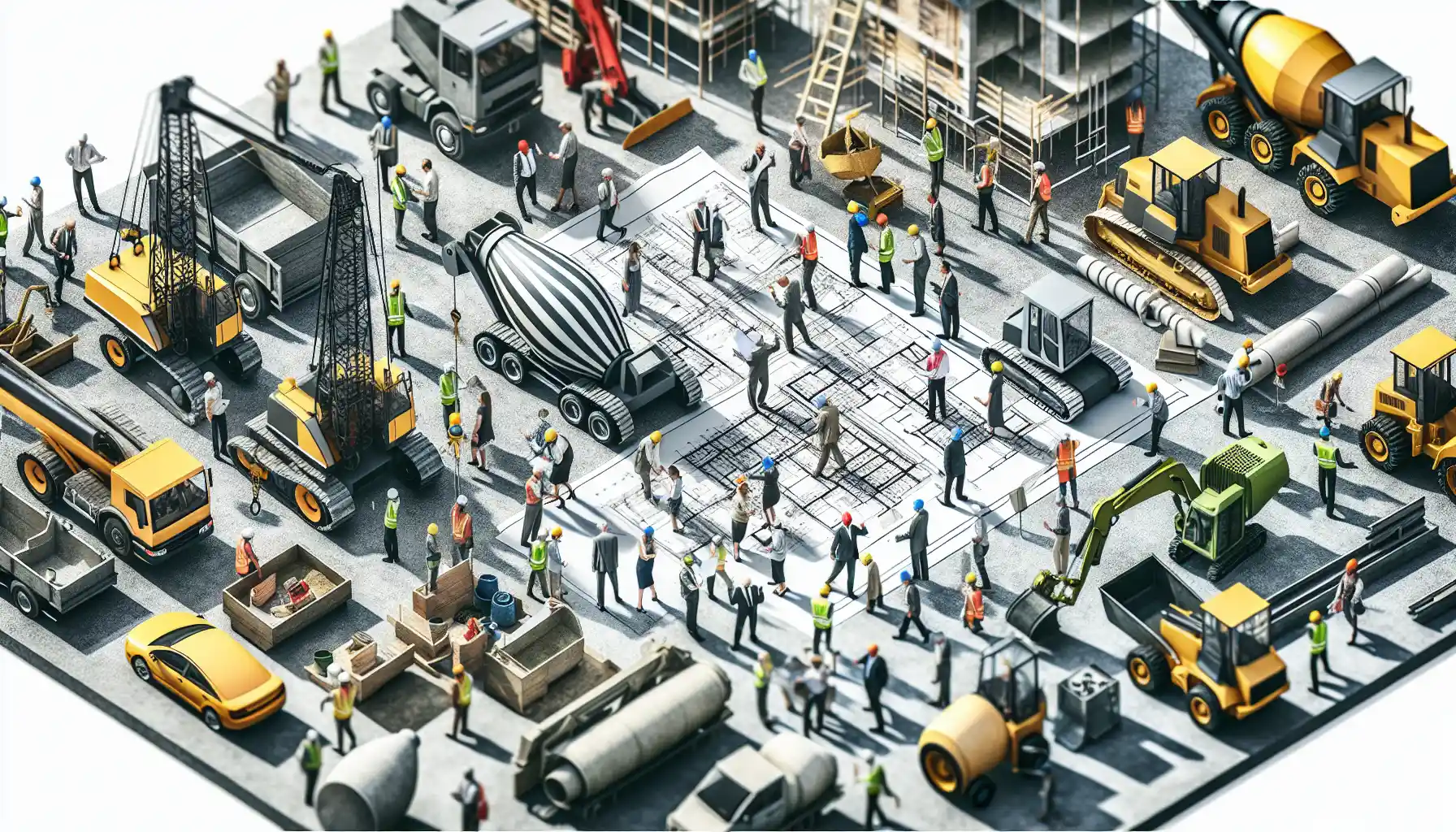
Construction Site Equipment: How to Determine Your Requirements
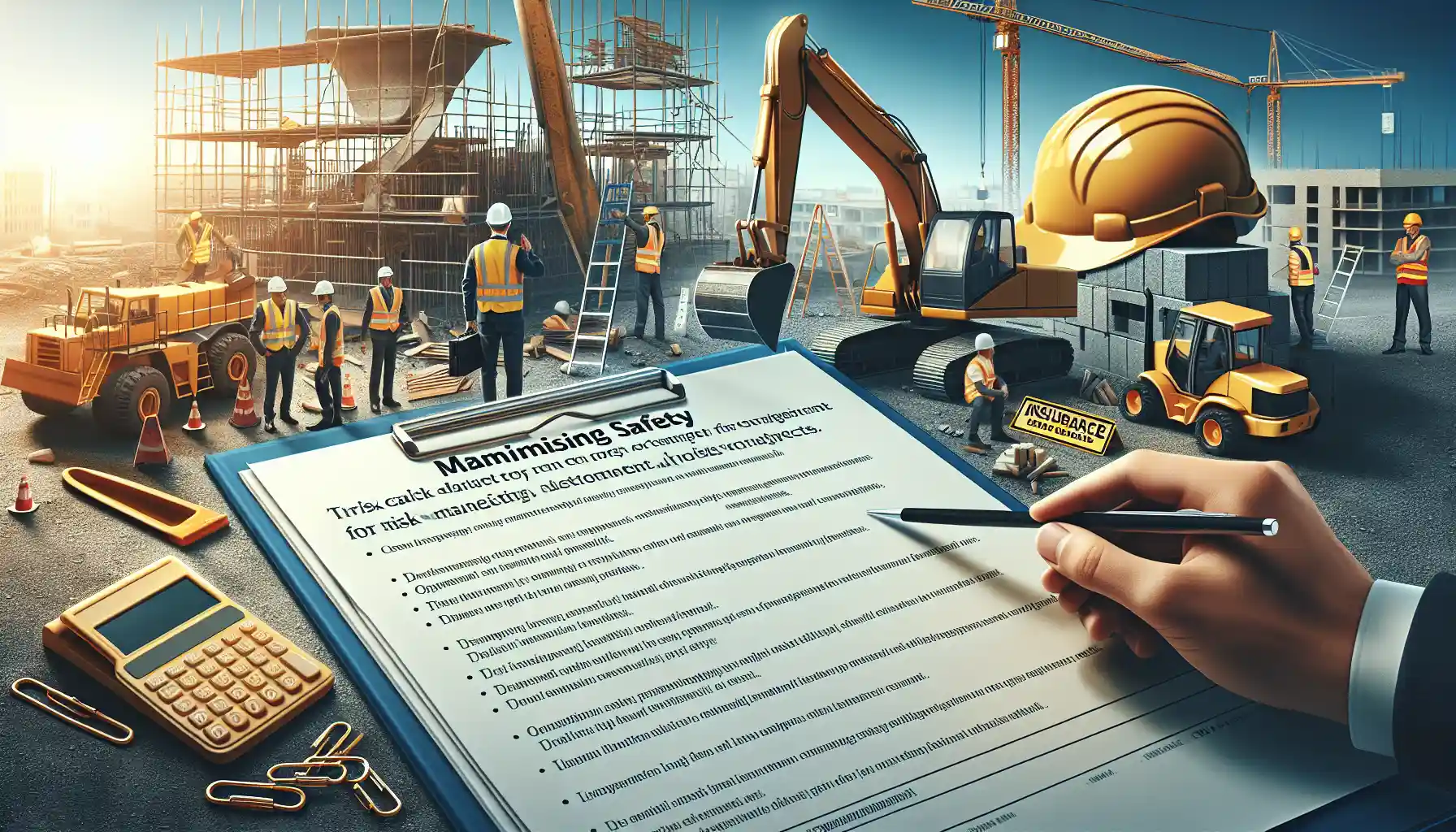
Maximizing Safety: Risk Management for Construction Projects

Innovations in Construction: Transforming Machinery and Equipment
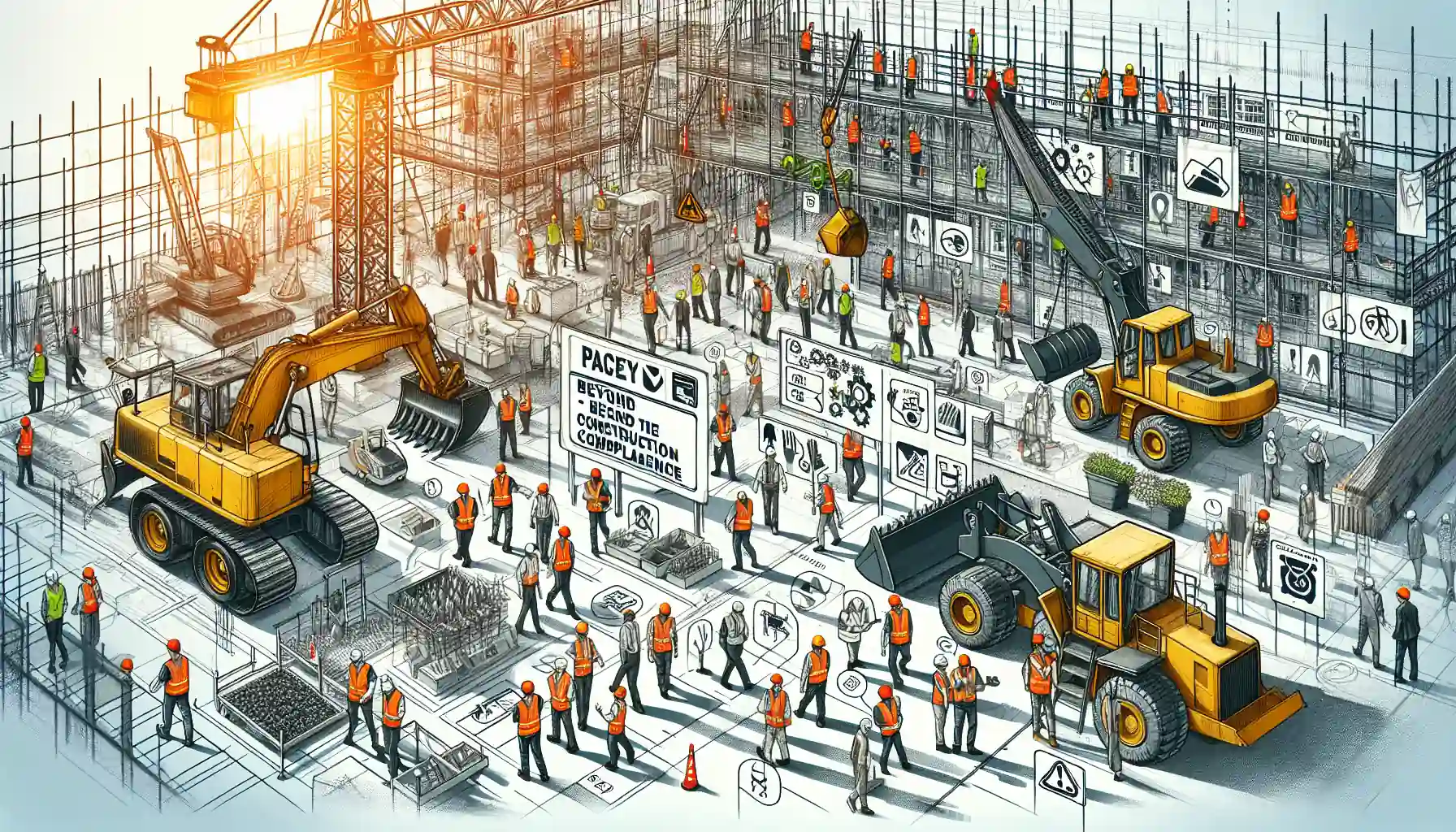
Heavy Equipment Safety: Beyond the Basics in Construction Compliance
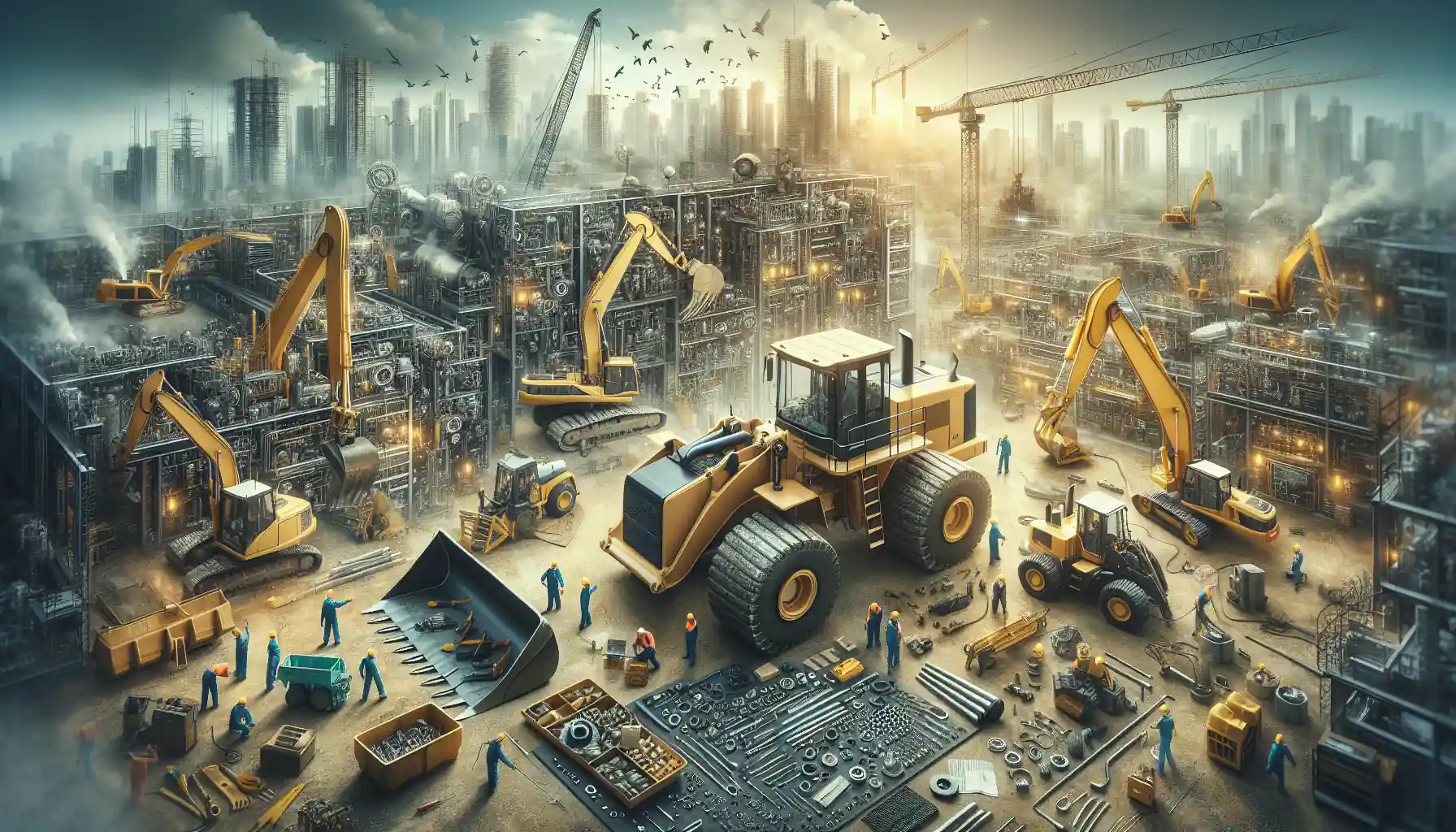
The Essential Handbook for Construction Equipment Repair and Maintenance

How to Efficiently Source Oil and Gas Machinery Parts in NYC
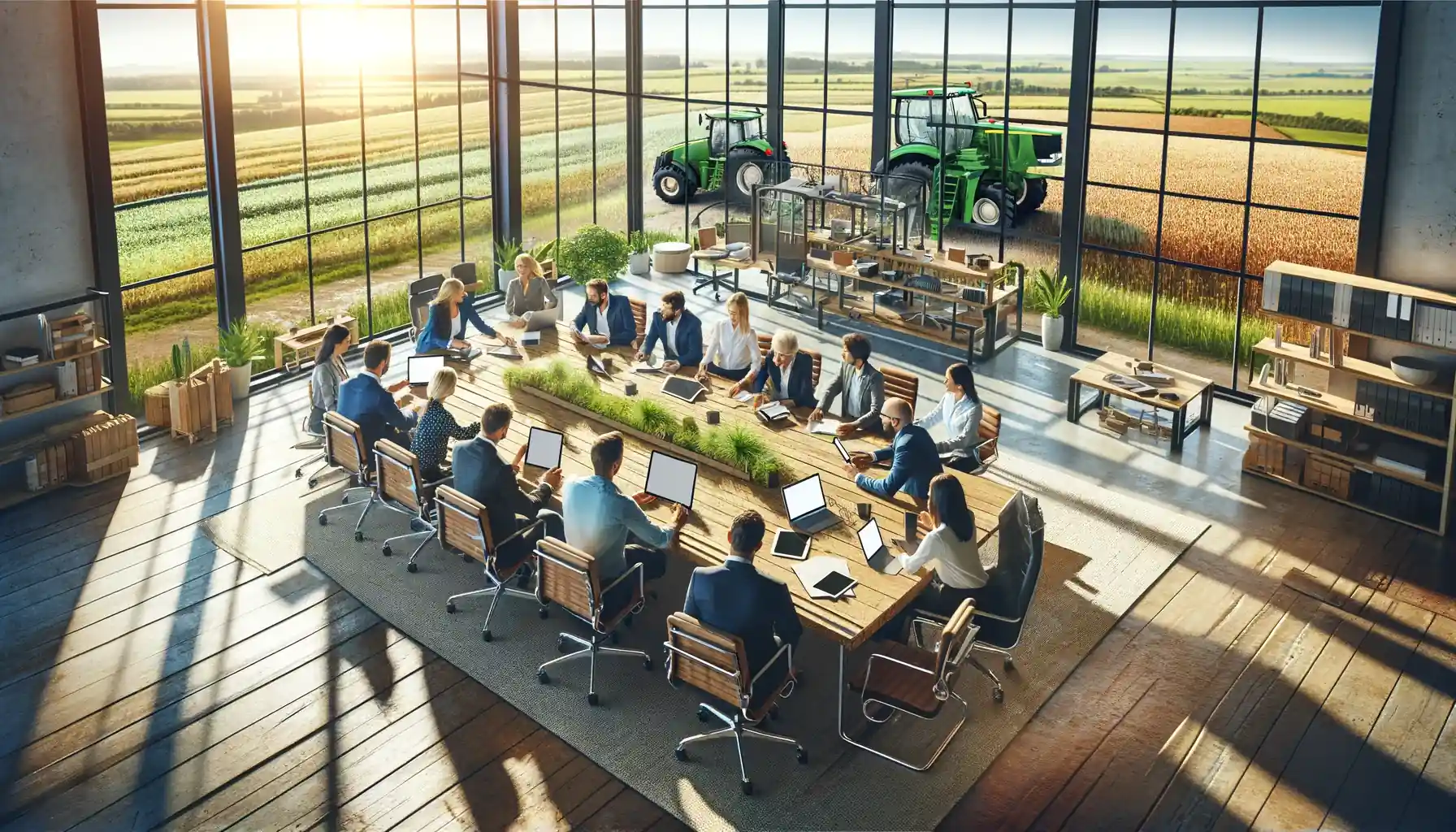
Essential Guide to Sourcing Agriculture Equipment Parts
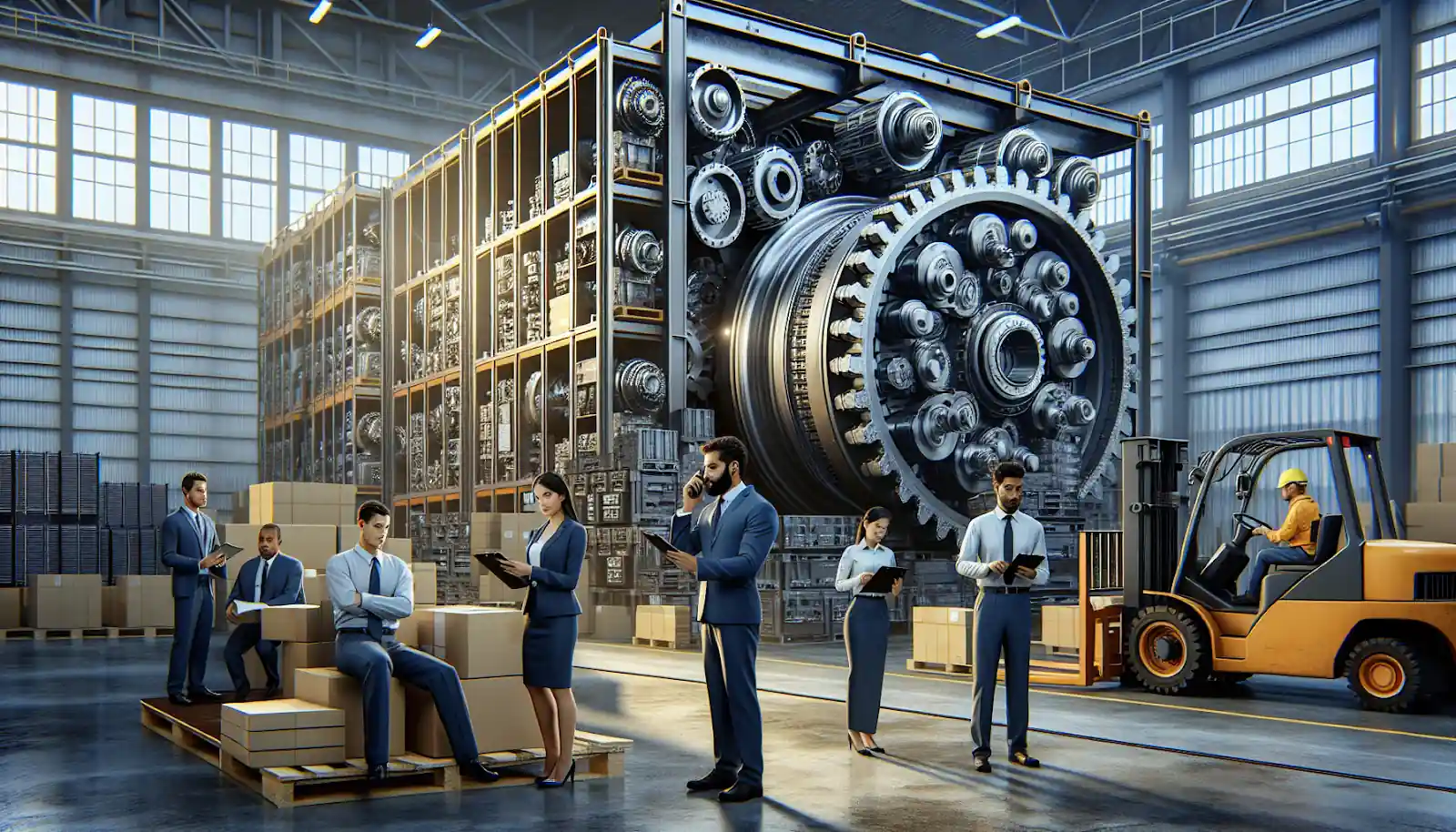
How to Source Mining Machinery Parts: Tips and Strategies
